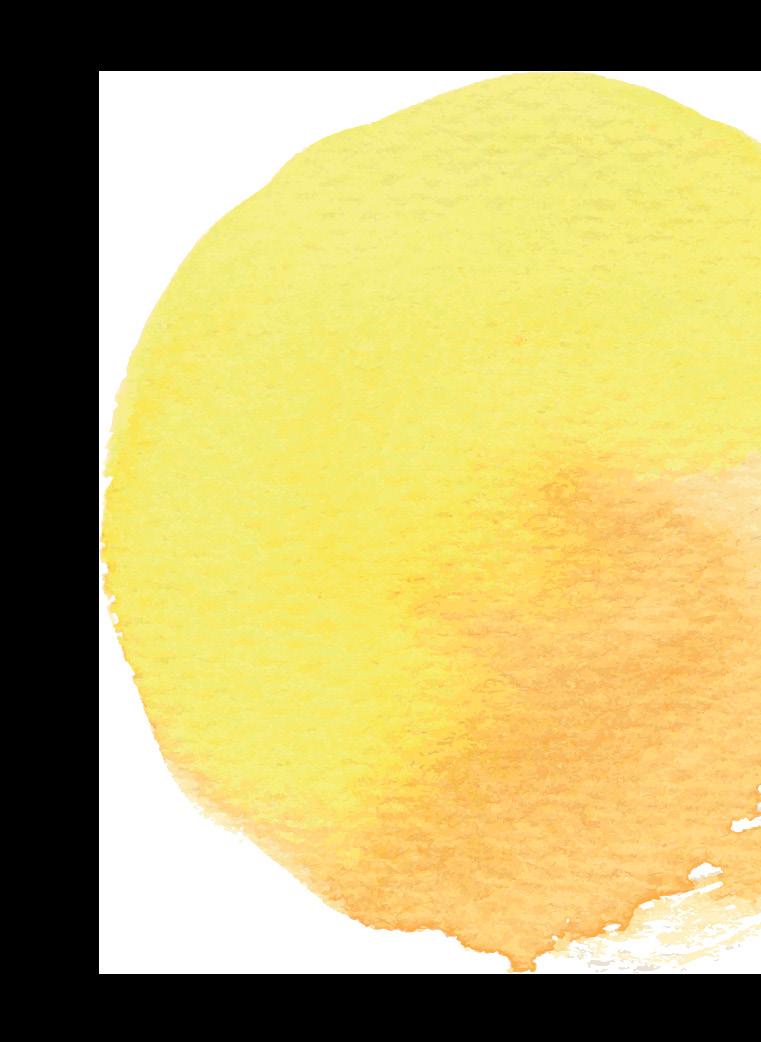2024/2025 EDITION



2024/2025 EDITION


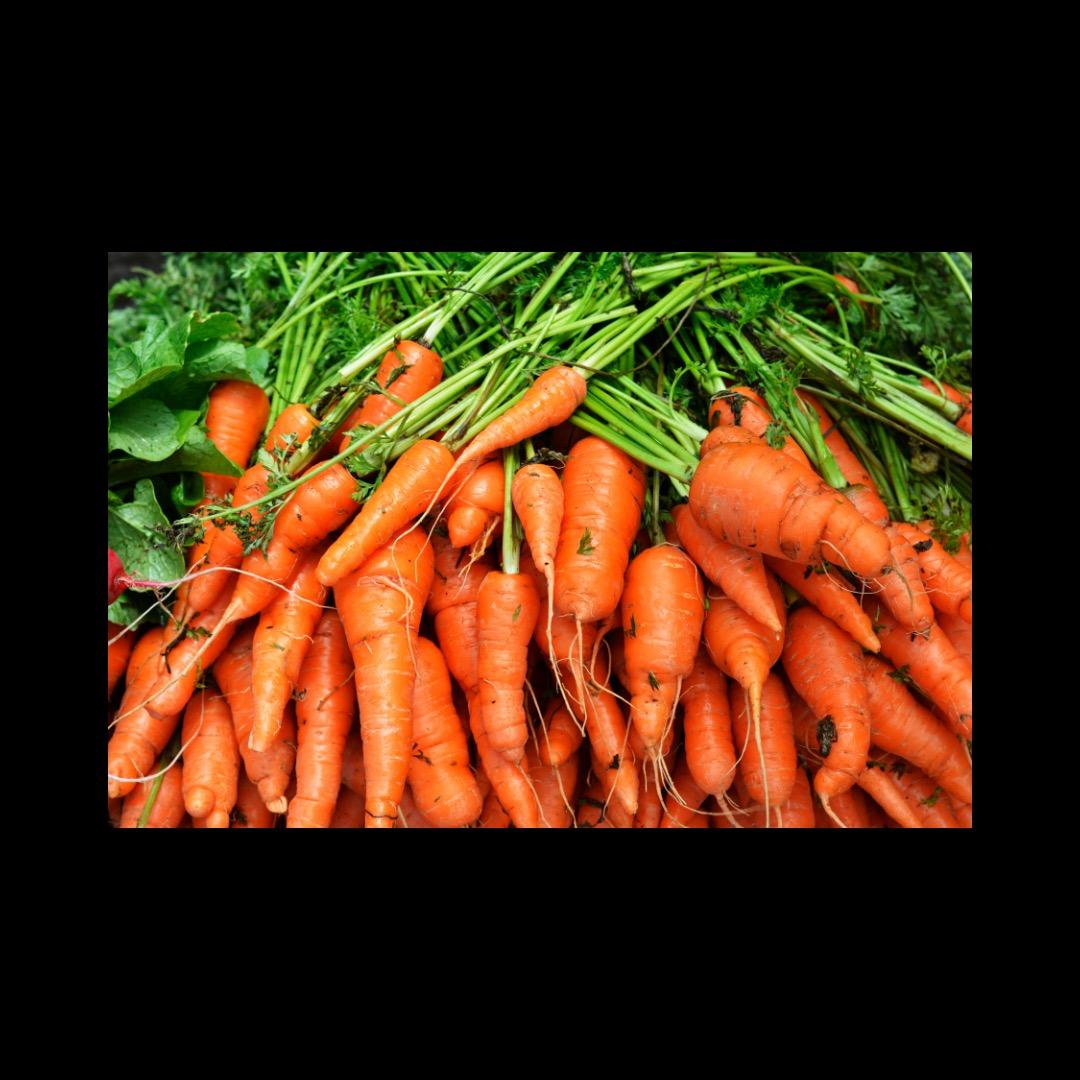
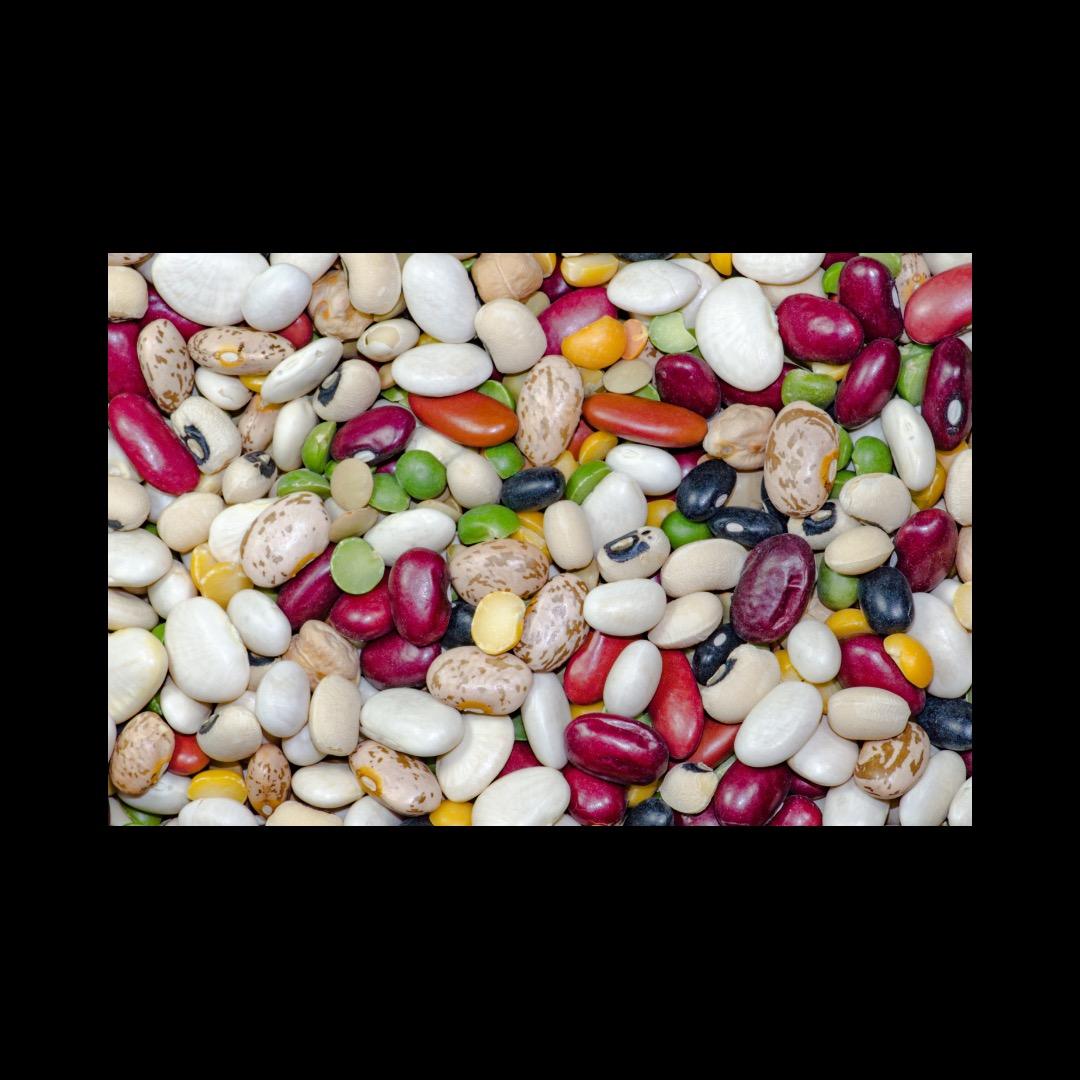

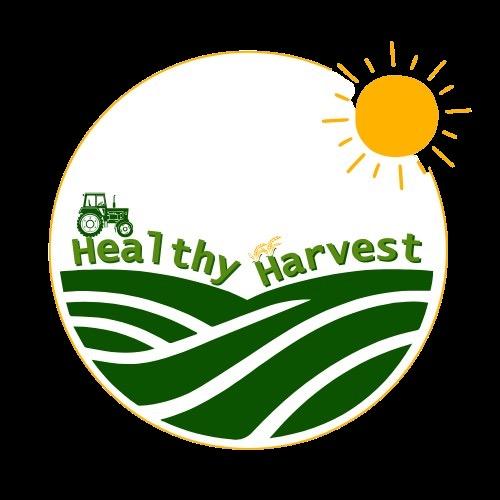
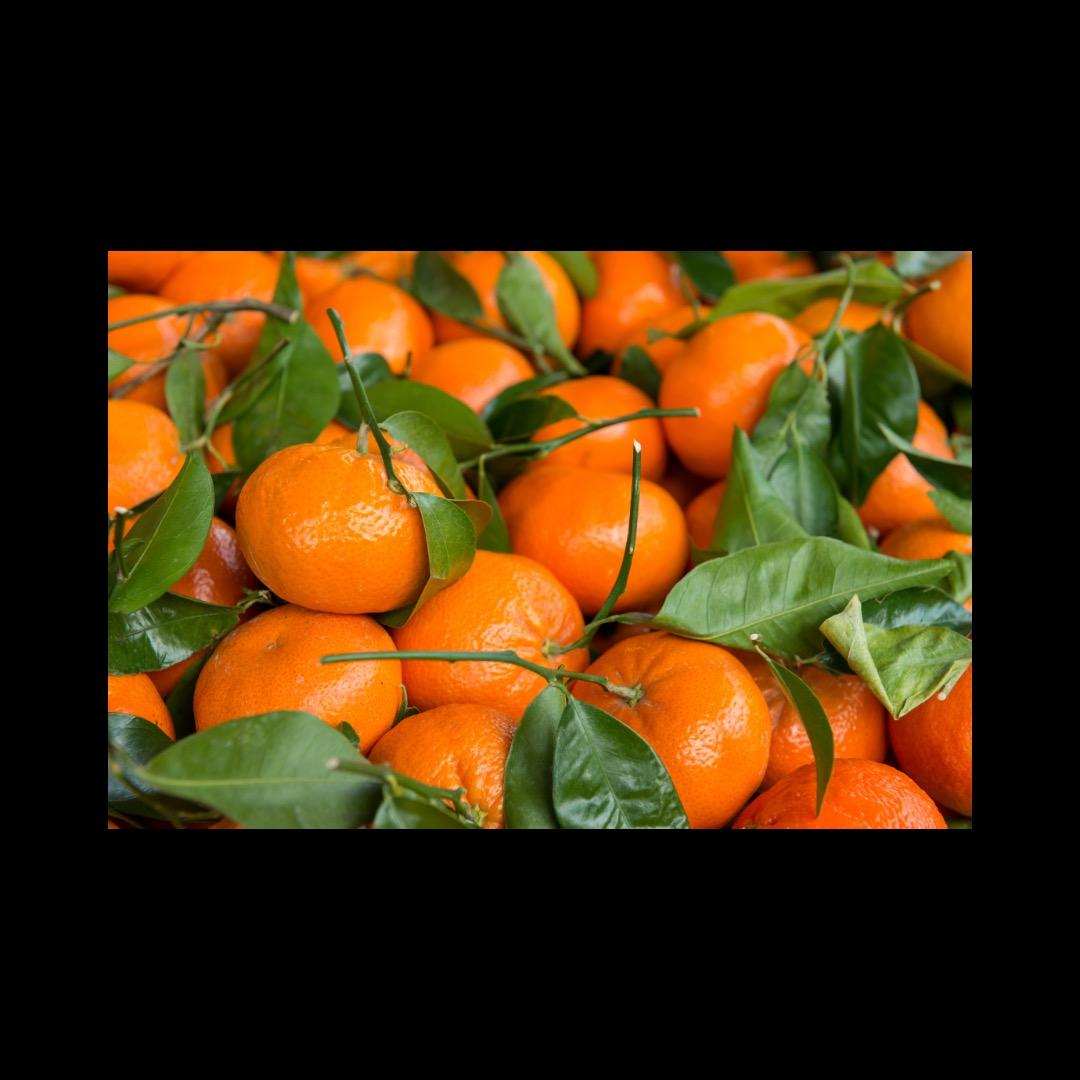
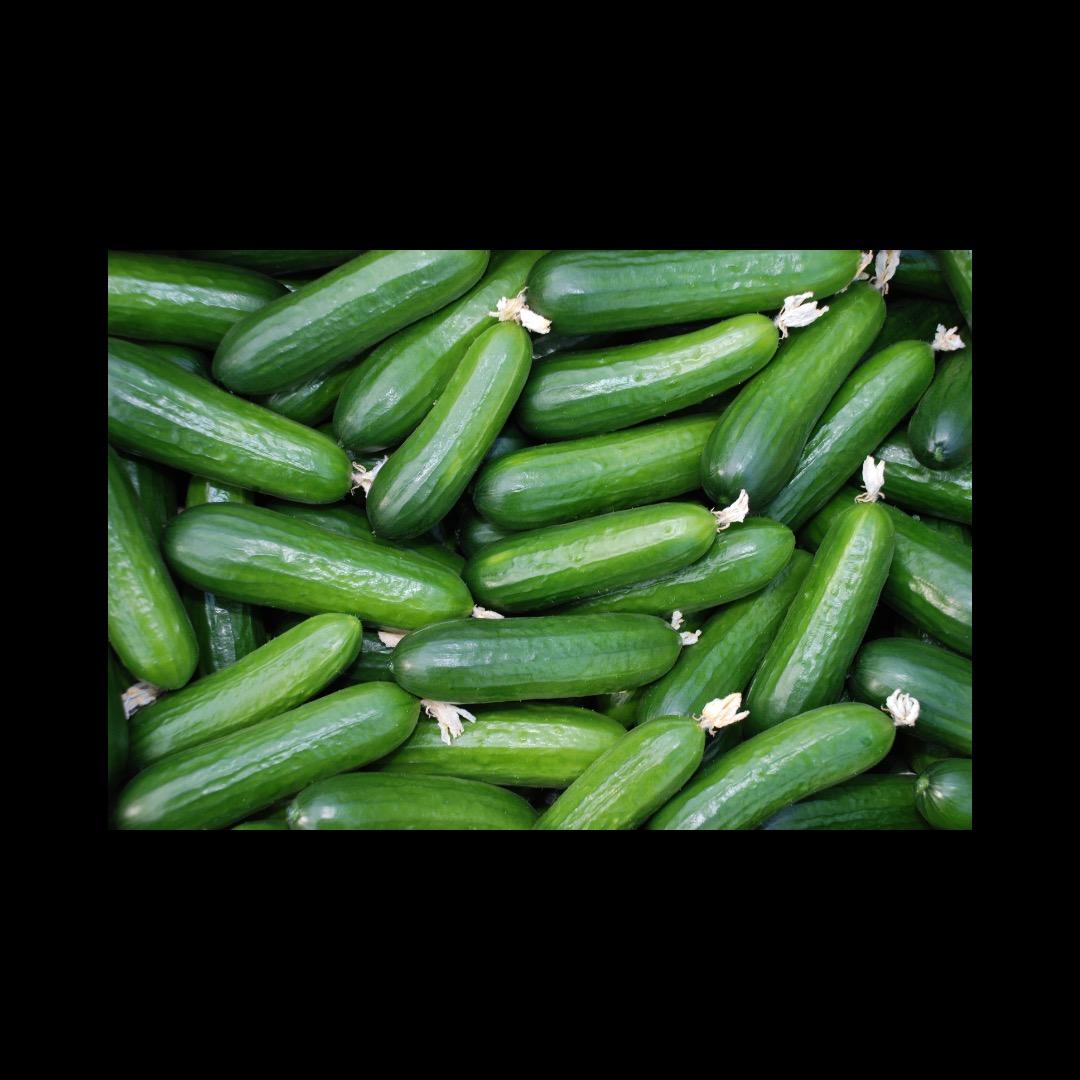
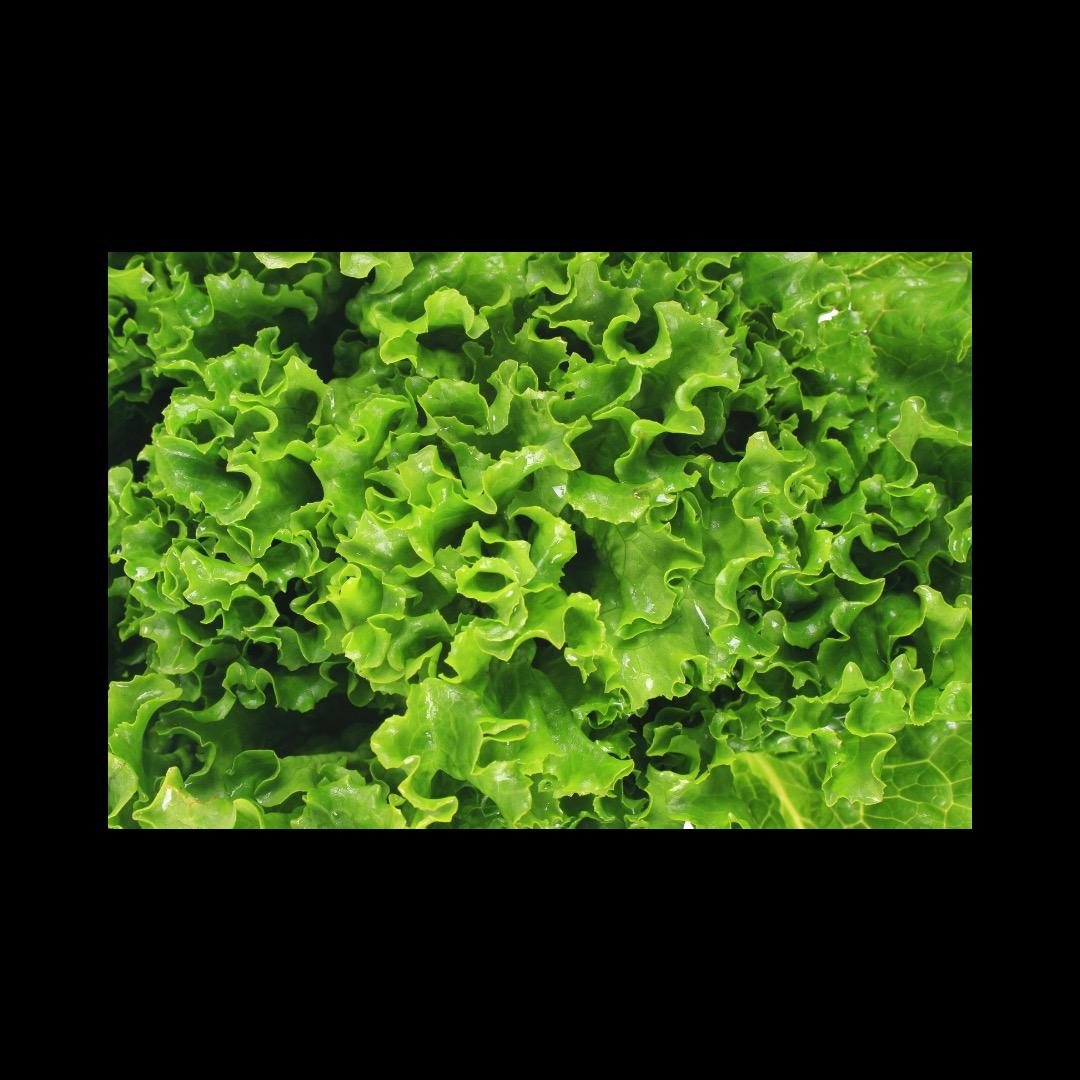
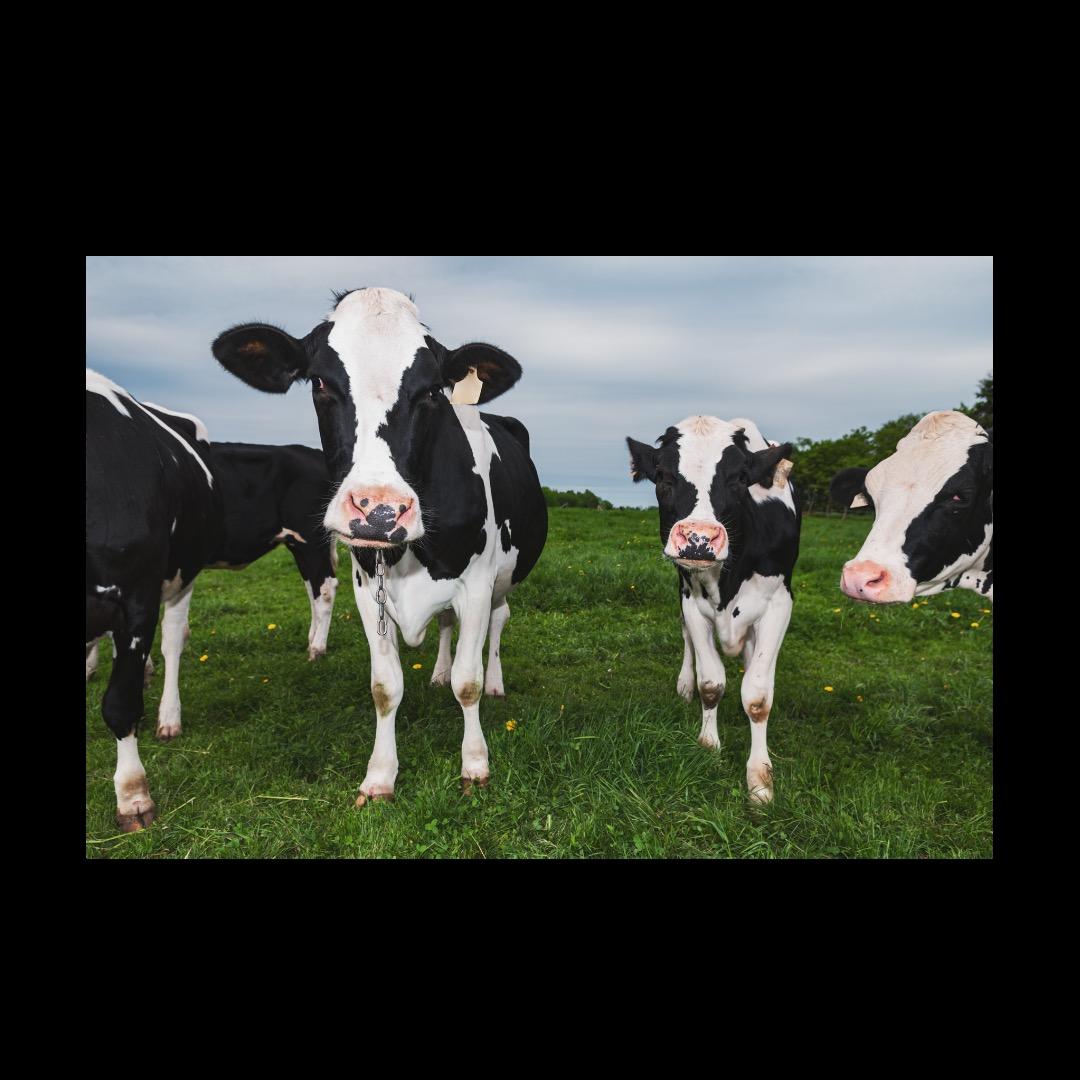
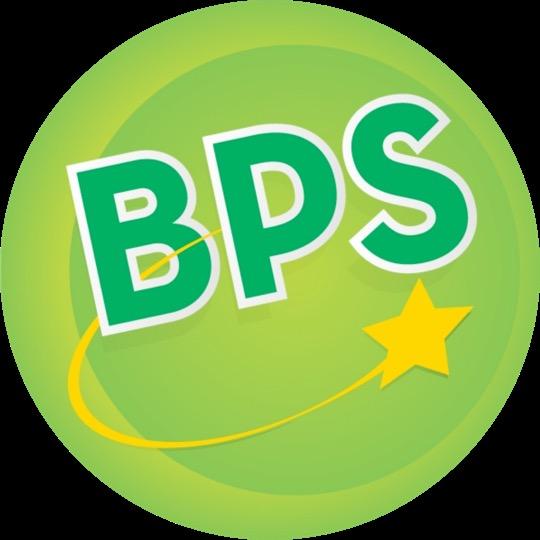
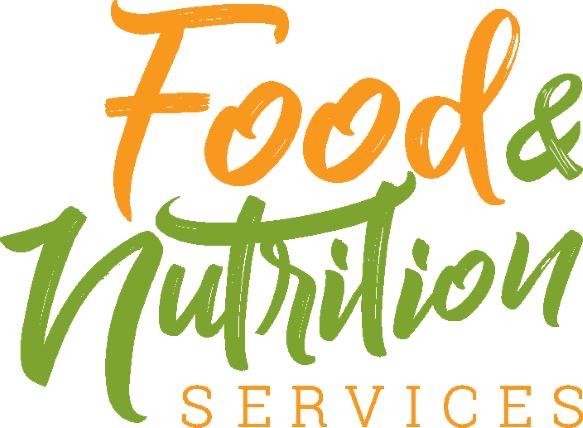
Fueling student success by providing nutritious meals at an affordable price while promoting sound eating habits that foster good health and academic achievement.
Fun fact: Brevard Public Schools Food & Nutrition Services serve over 10.1 MILLION meals per year.



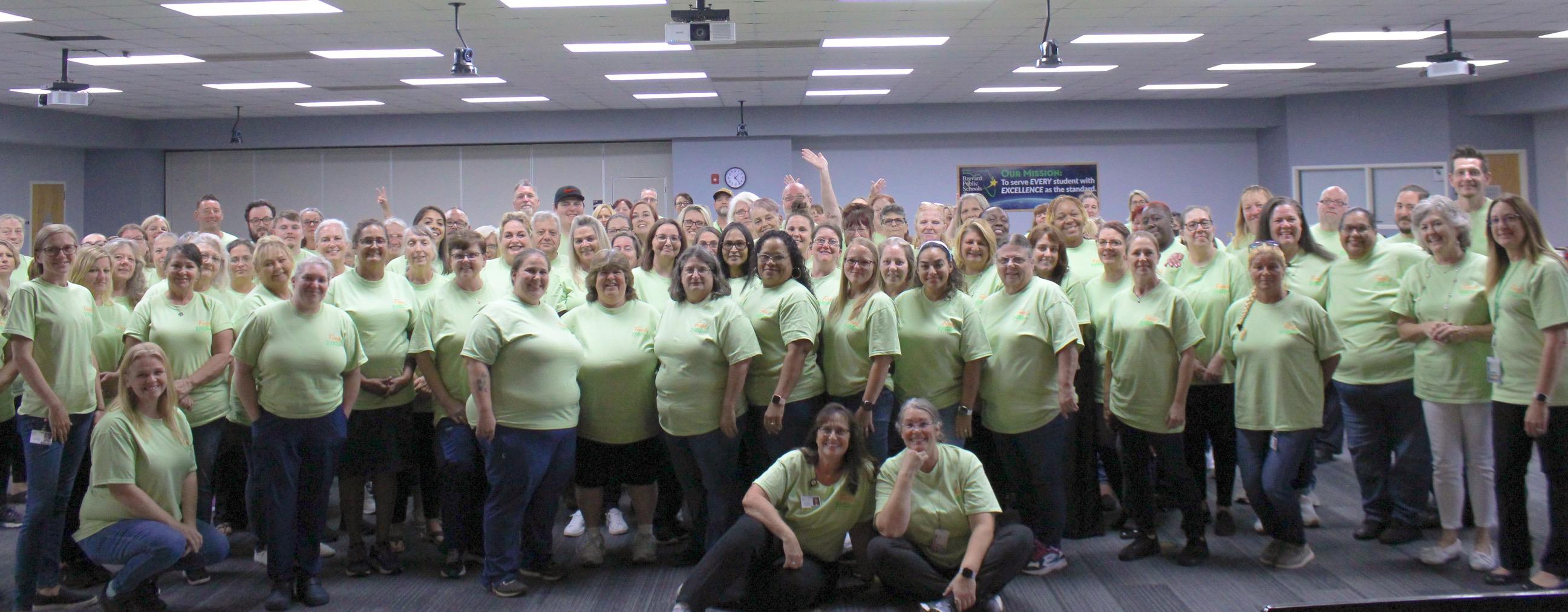





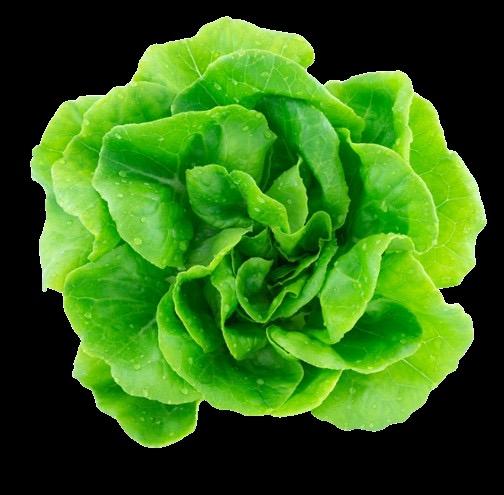
September
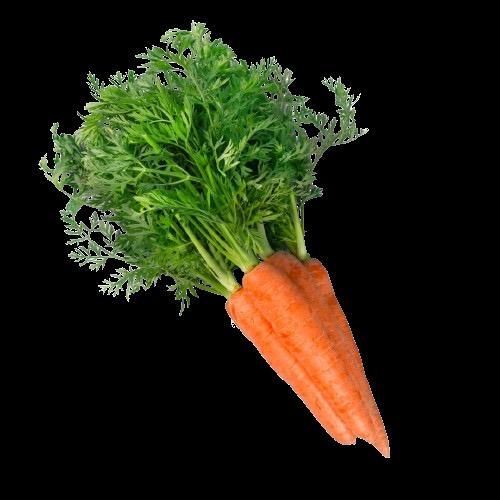
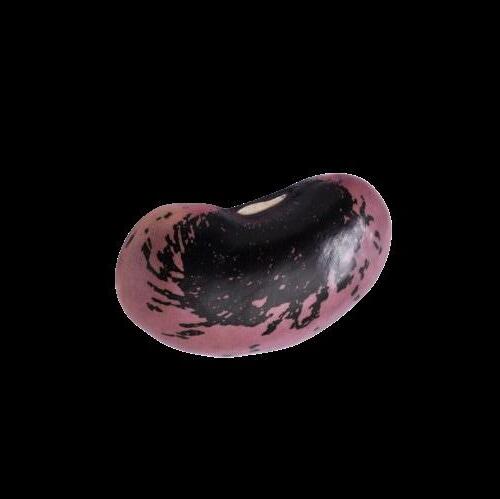


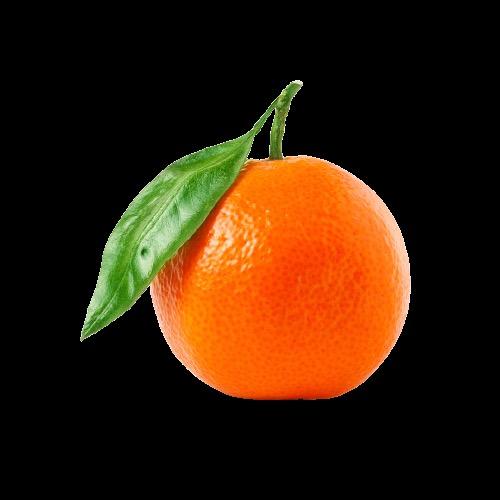
November
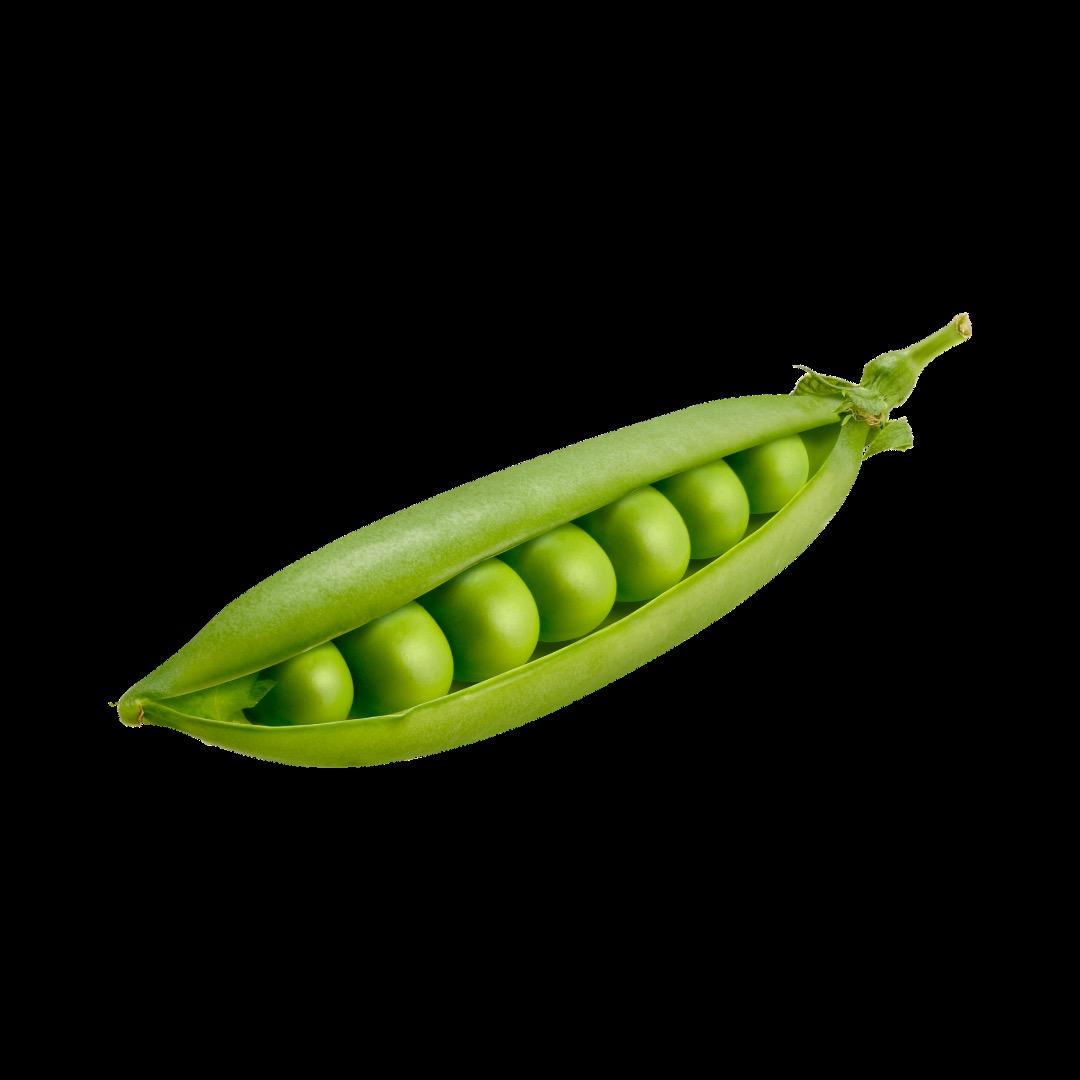
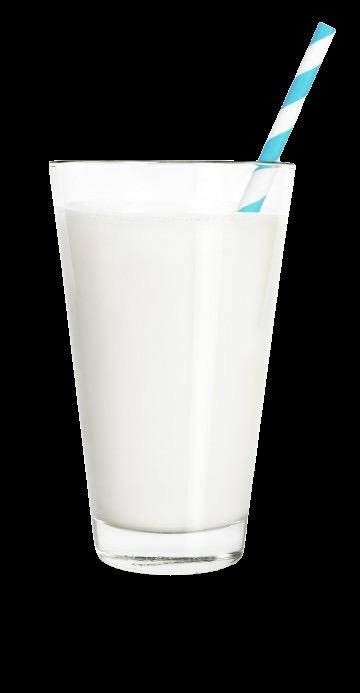
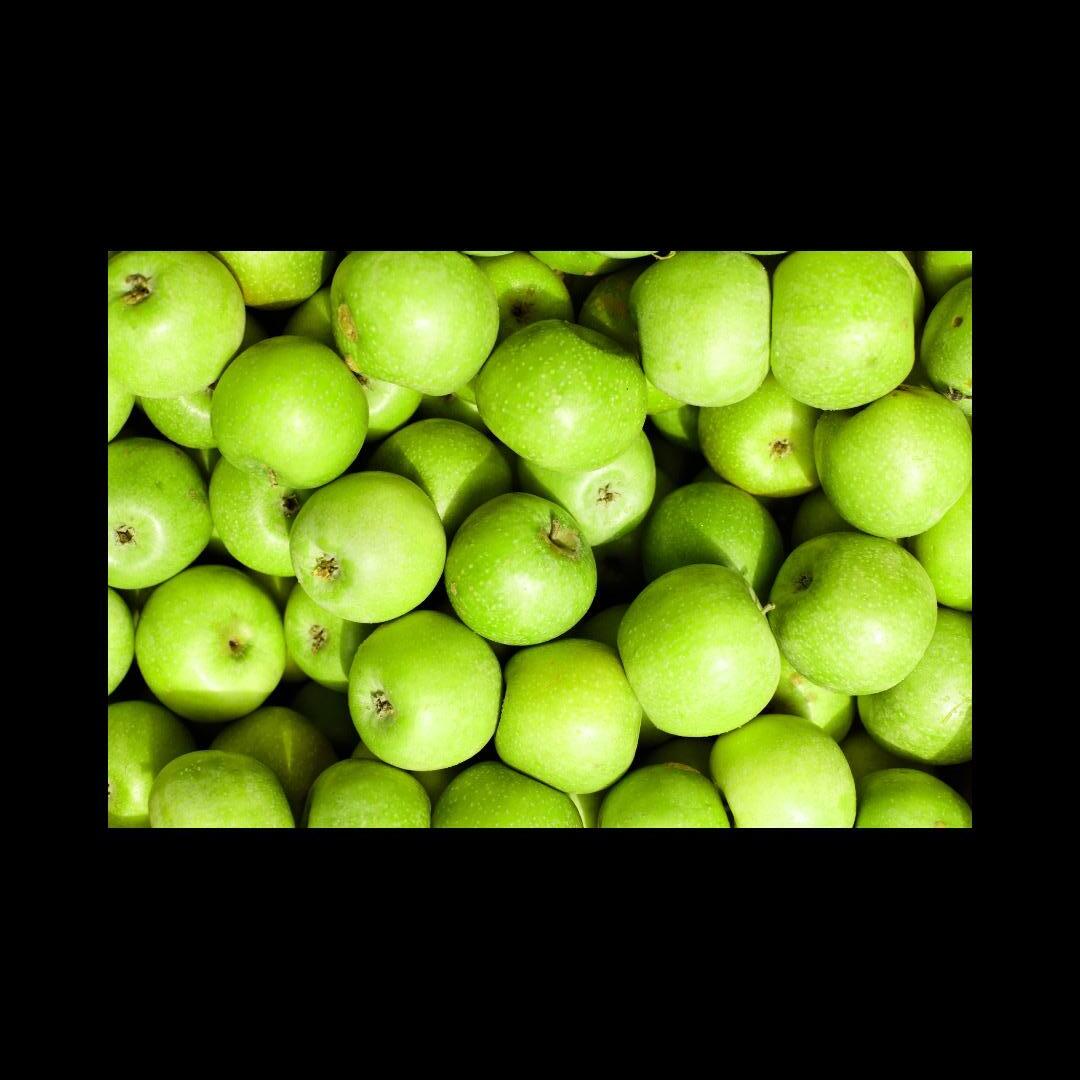


Most apples grown in Florida are grown in the north & north central areas of the state. The U.S. is home to approximately of apple orchards.
Most apples are harvested fresh.
Green apples were first cultivated in Australi


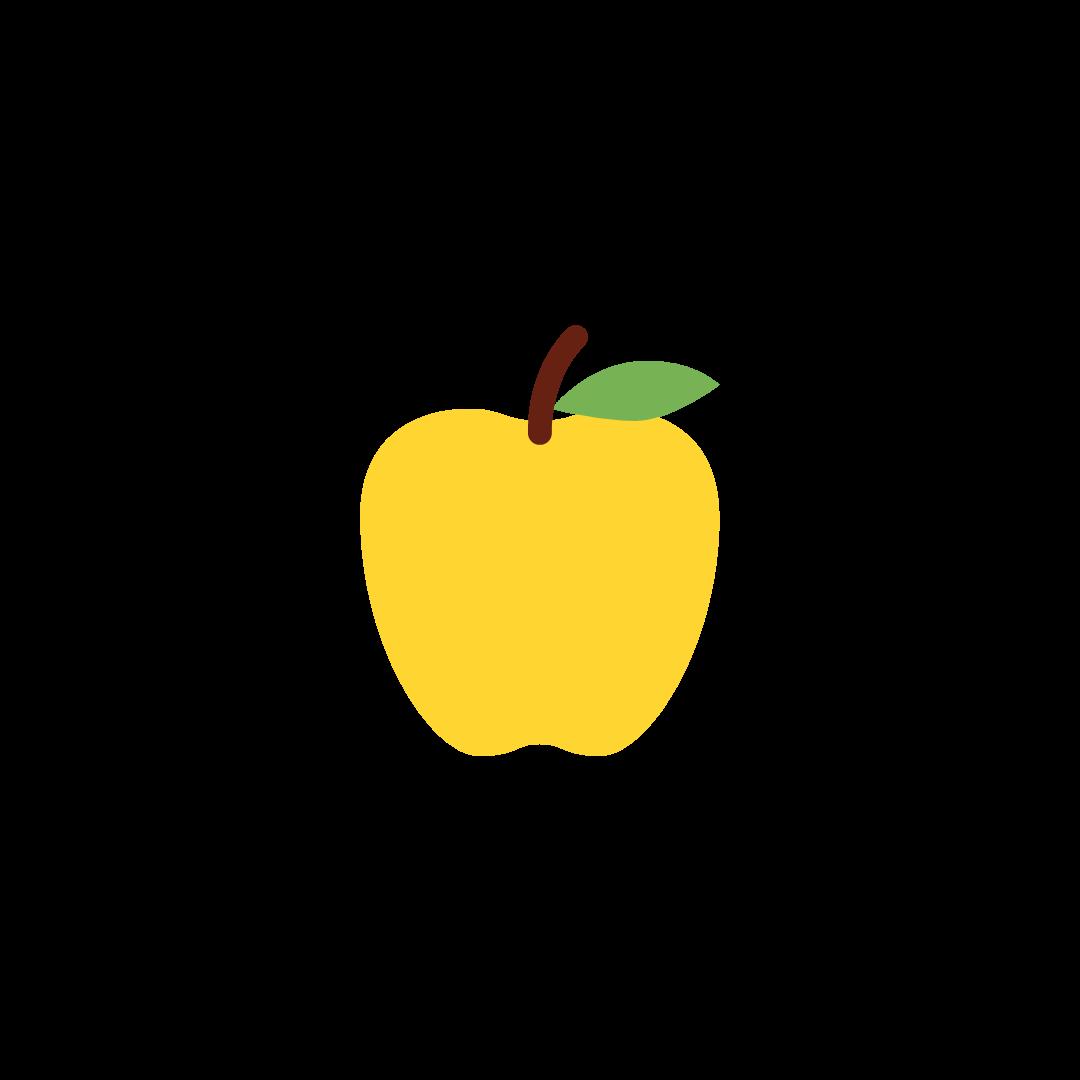
Most apples are picked by . takes at least 4 years to start producing fruit. the flower that comes from an apple tree. varieties of apples are grown in the of apples
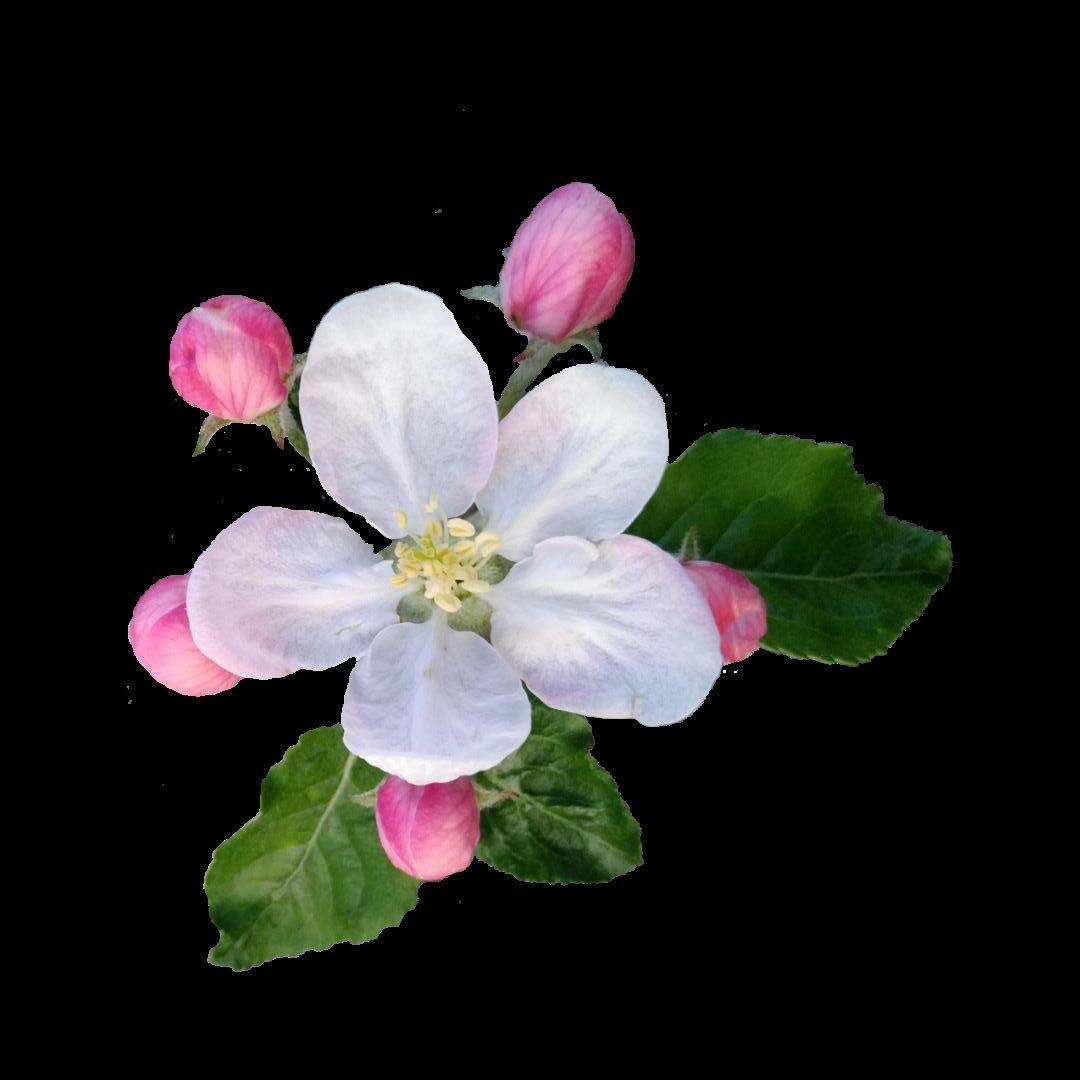
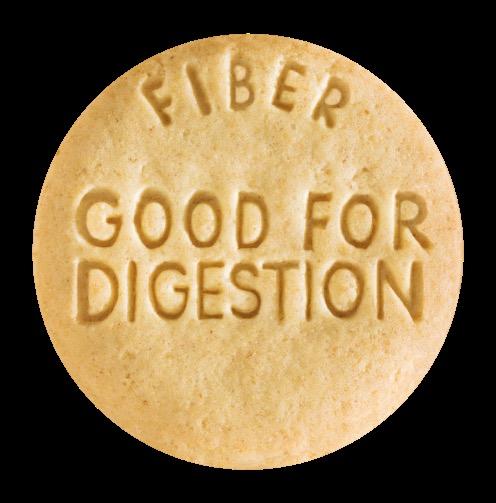



Fiber supports movement through the digestive system
Fiber is a type of carbohydrate body doesn’t digest, it simply passes through.
Soluble fiber dissolves in water…it helps regulate blood sugar levels and removes cholesterol from

Insoluble fiber is sometimes referred to as “roughage. ”
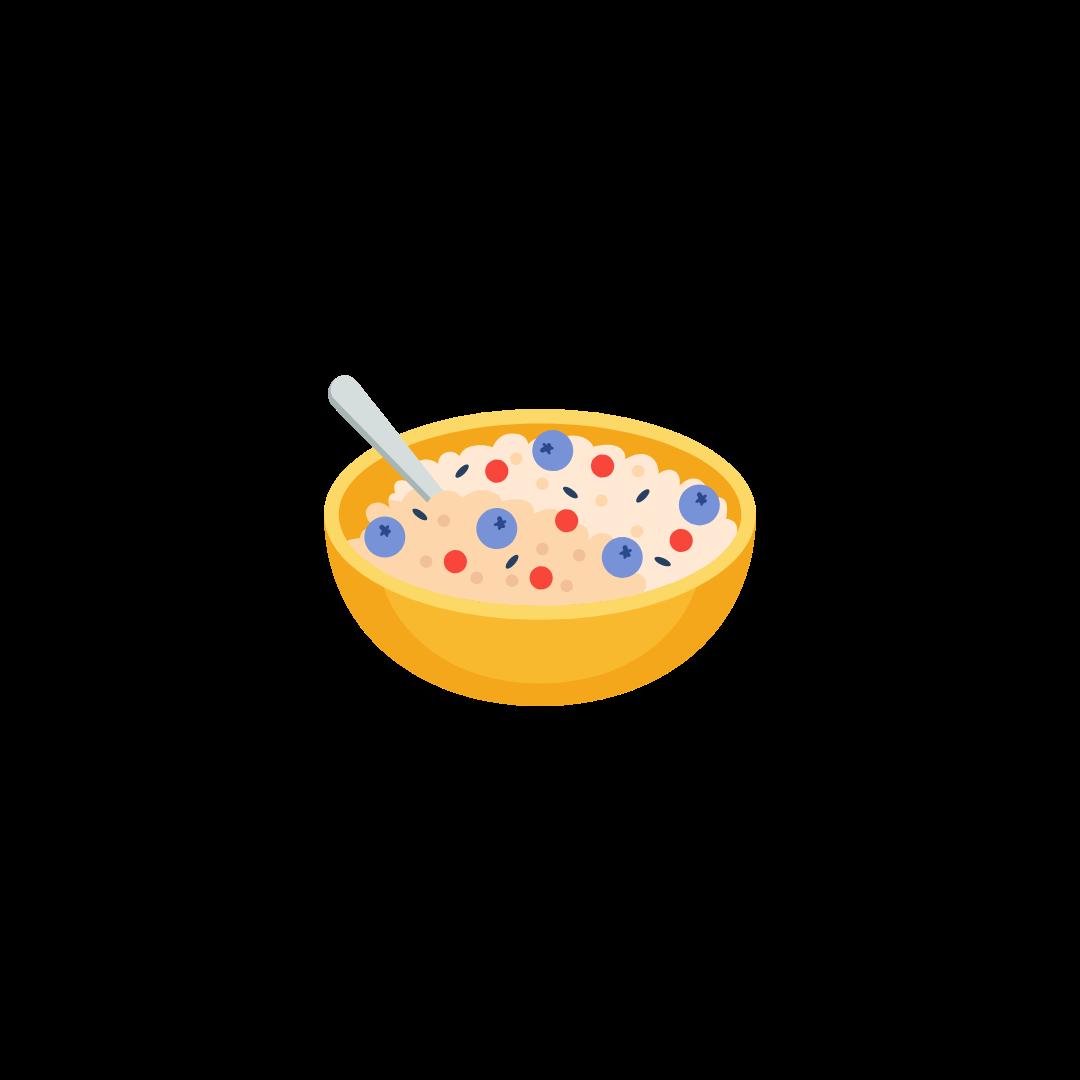

1. Soluble fiber

2 types of fiber:
Insoluble fiber

Fiber helps to regulate the body’s use of sugar.
Dairy & meat products do not have any fiber.
Fiber is ONLY found in plant foods.
Insoluble fiber does not dissolve in water…it helps food move throughout the digestive system.
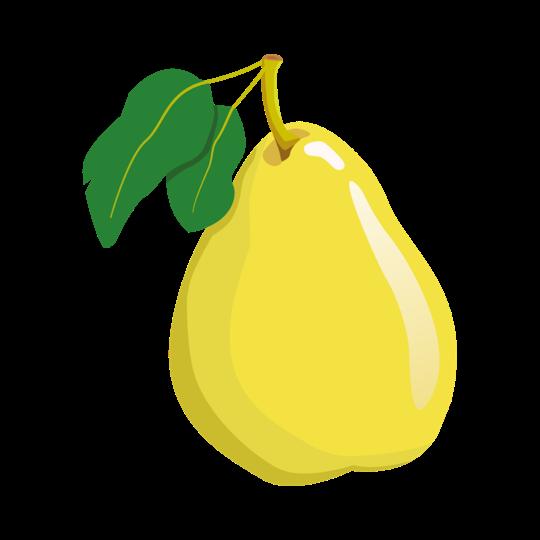
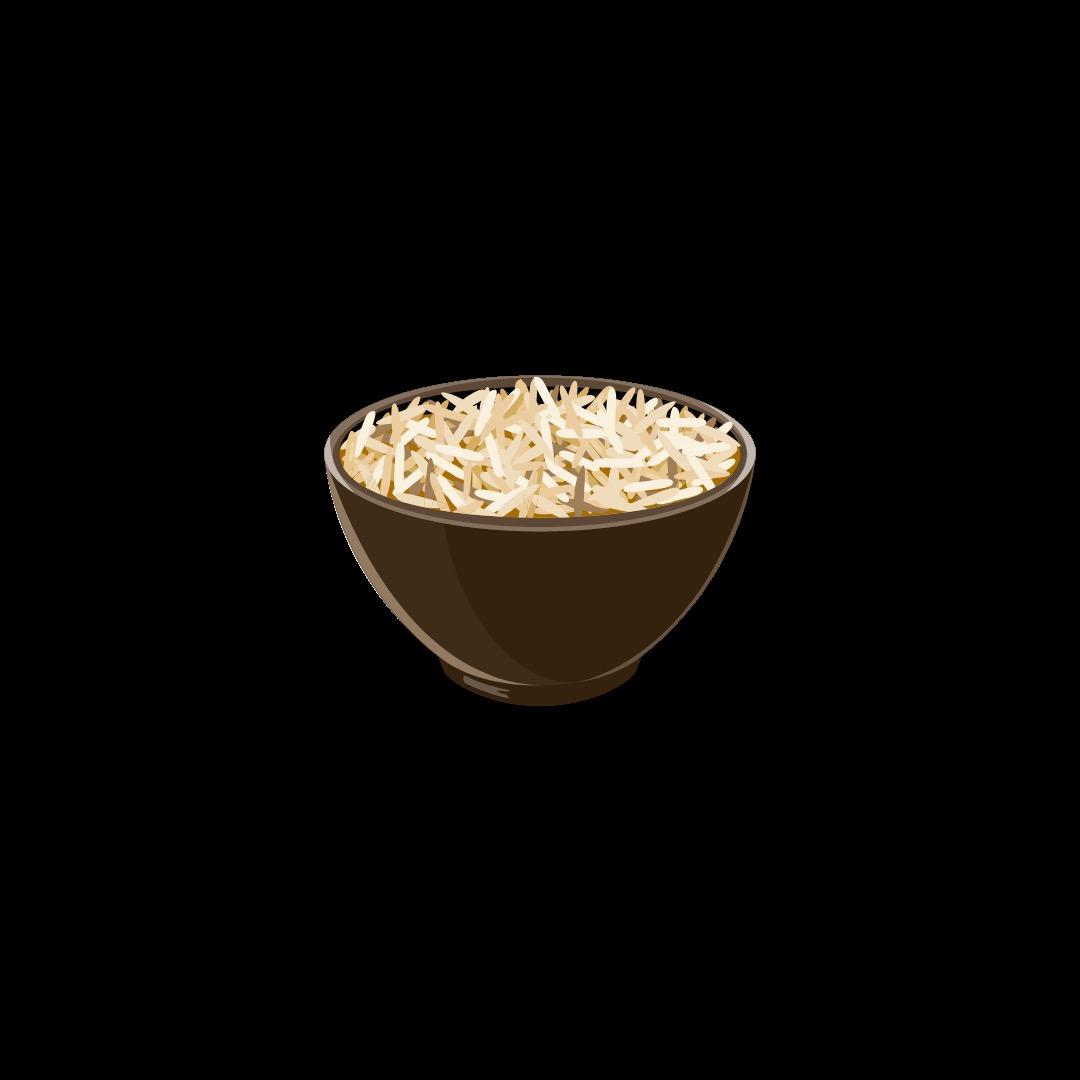
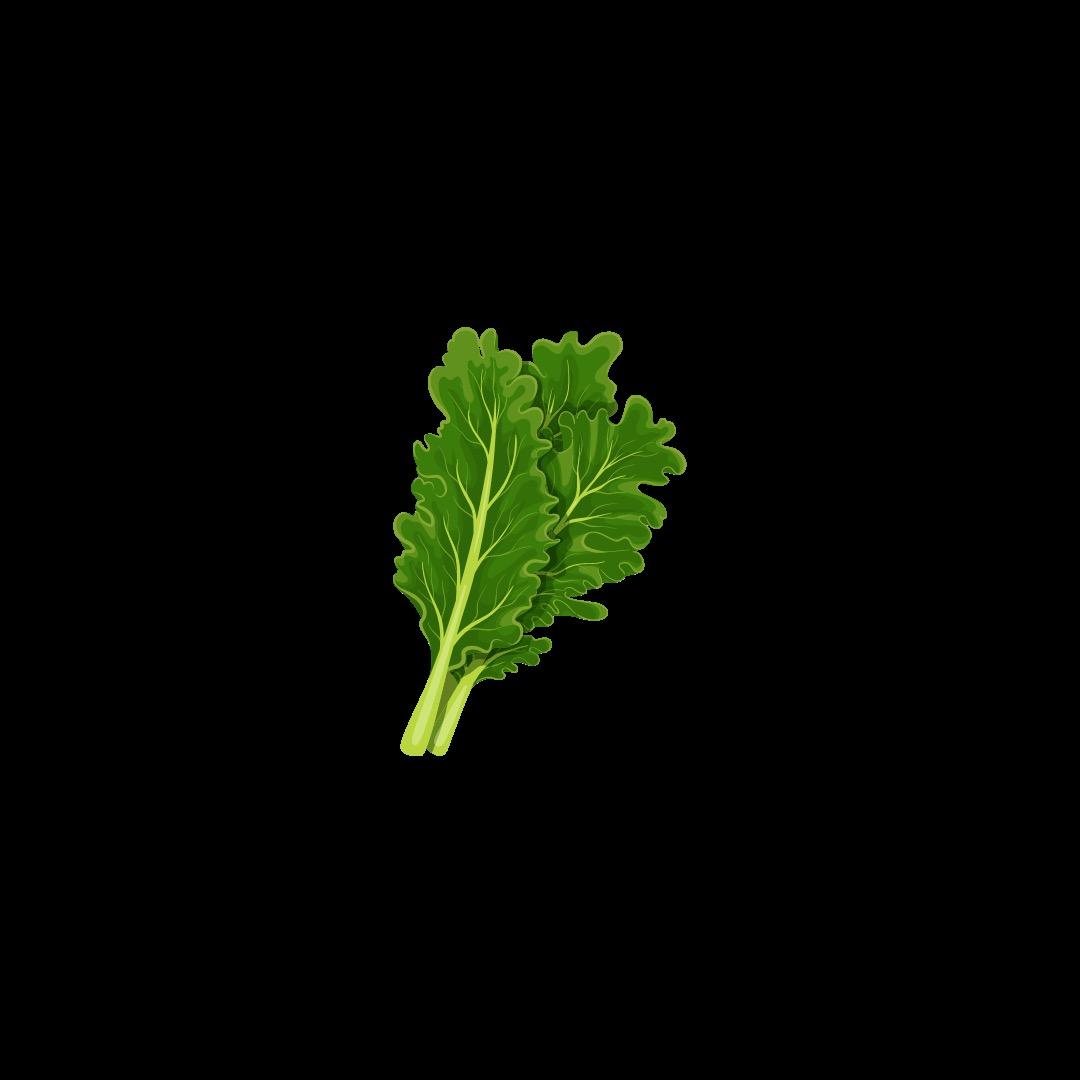
BOTH forms of fiber are important & beneficial to overall health.


Florida is home to around 11,000 acres of lettuce.
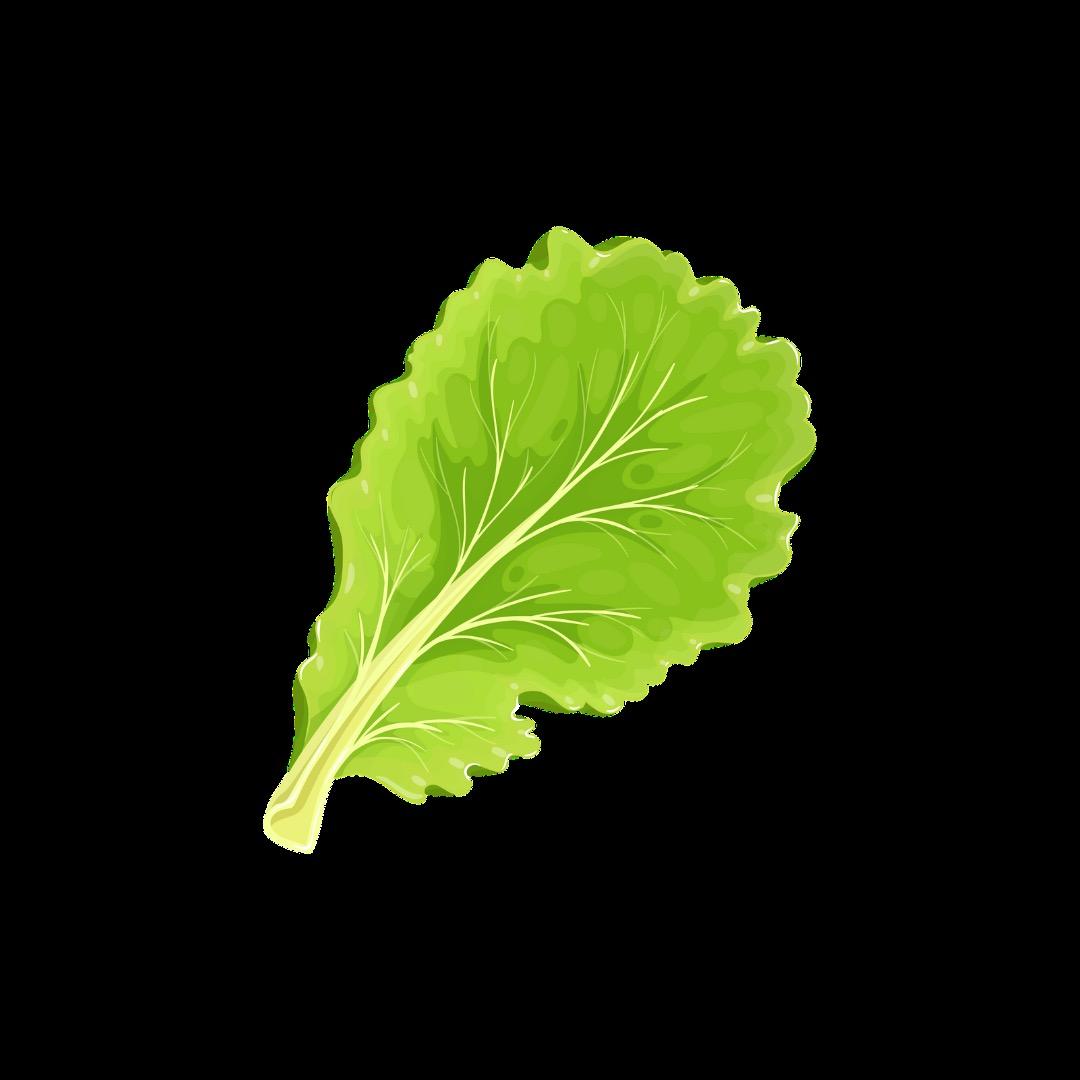

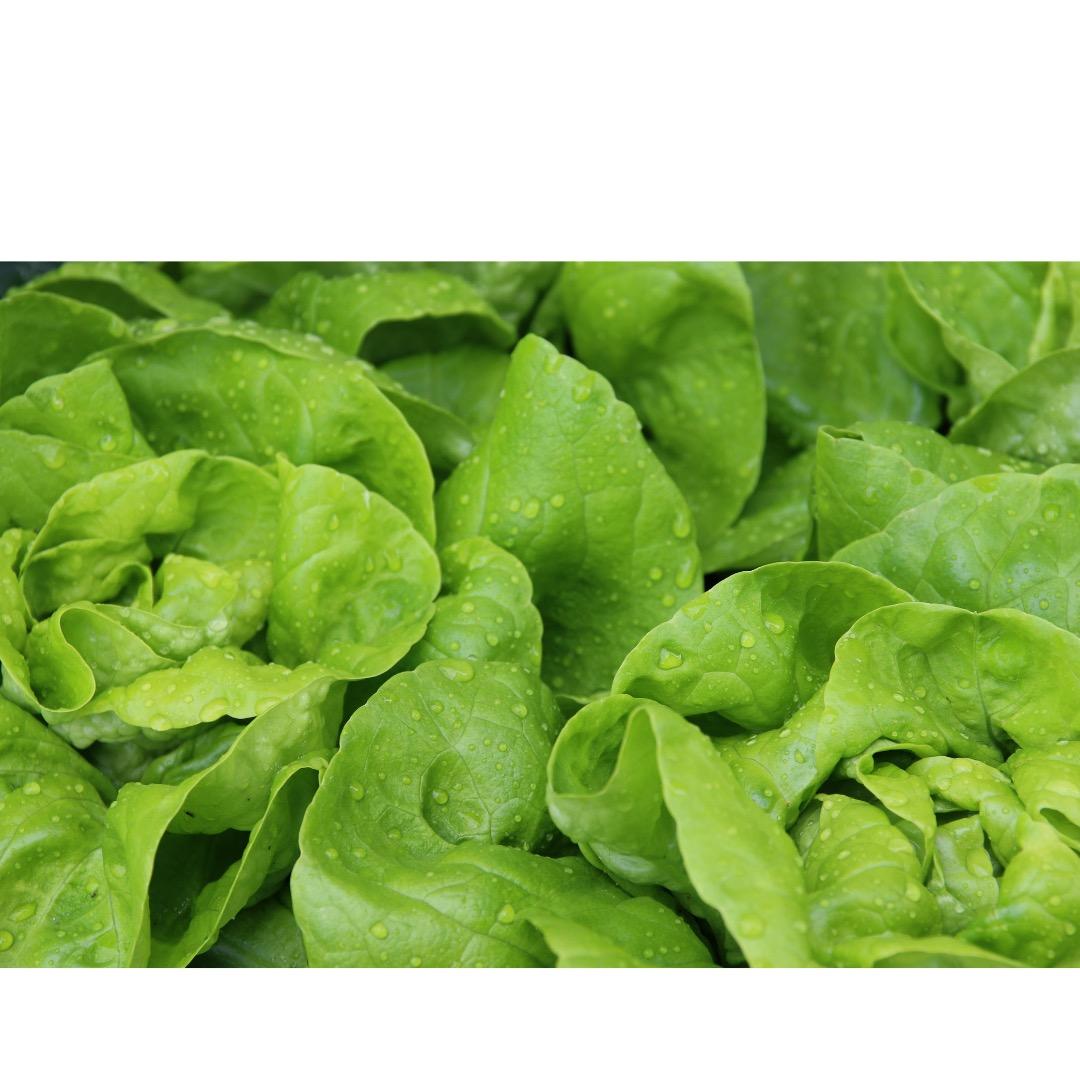
Lettuce prefers to grow in colder climates.


popular type of lettuce in the U.S.

Lettuce is a part of the sunflower family.

California & Arizona grow the most lettuce in the U.S.
Lettuce is the second most popular vegetable in the U.S.

Lettuce is 95% of lettuce’s water %, it must always be eaten FRESH.


Hydration is the process of replacing fluids Water is the body’s main source of hydration.
Being hydrated helps convert food into energy





Hydration helps regulate body’s temperature

The body’s 6 essential nutrients: carbohydrates, proteins, fats, vitamins, minerals & WATER !
Water helps carry nutrients & oxygen to all the cells in the body.

Proper hydration can help to improve moods.

The body is better at fighting off when properly hydrated.
Sleep quality can improve when the body is hydrated.
Many fruits & vegetables have a high water content, making them hydrating to eat.
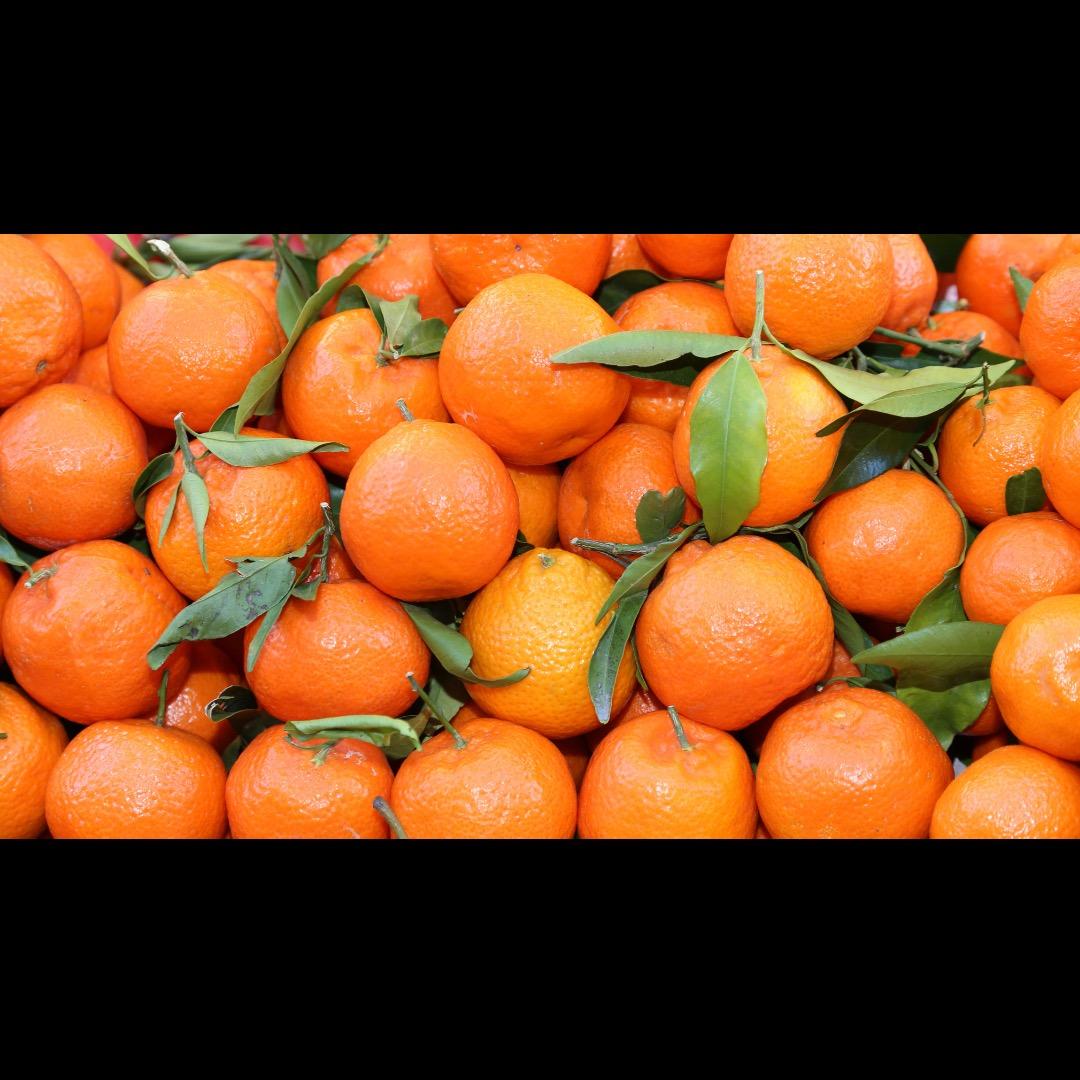


Most satsumas grown in Florida are from Collier counties

October
Satsumas are a category of citrus fruits that mandarins

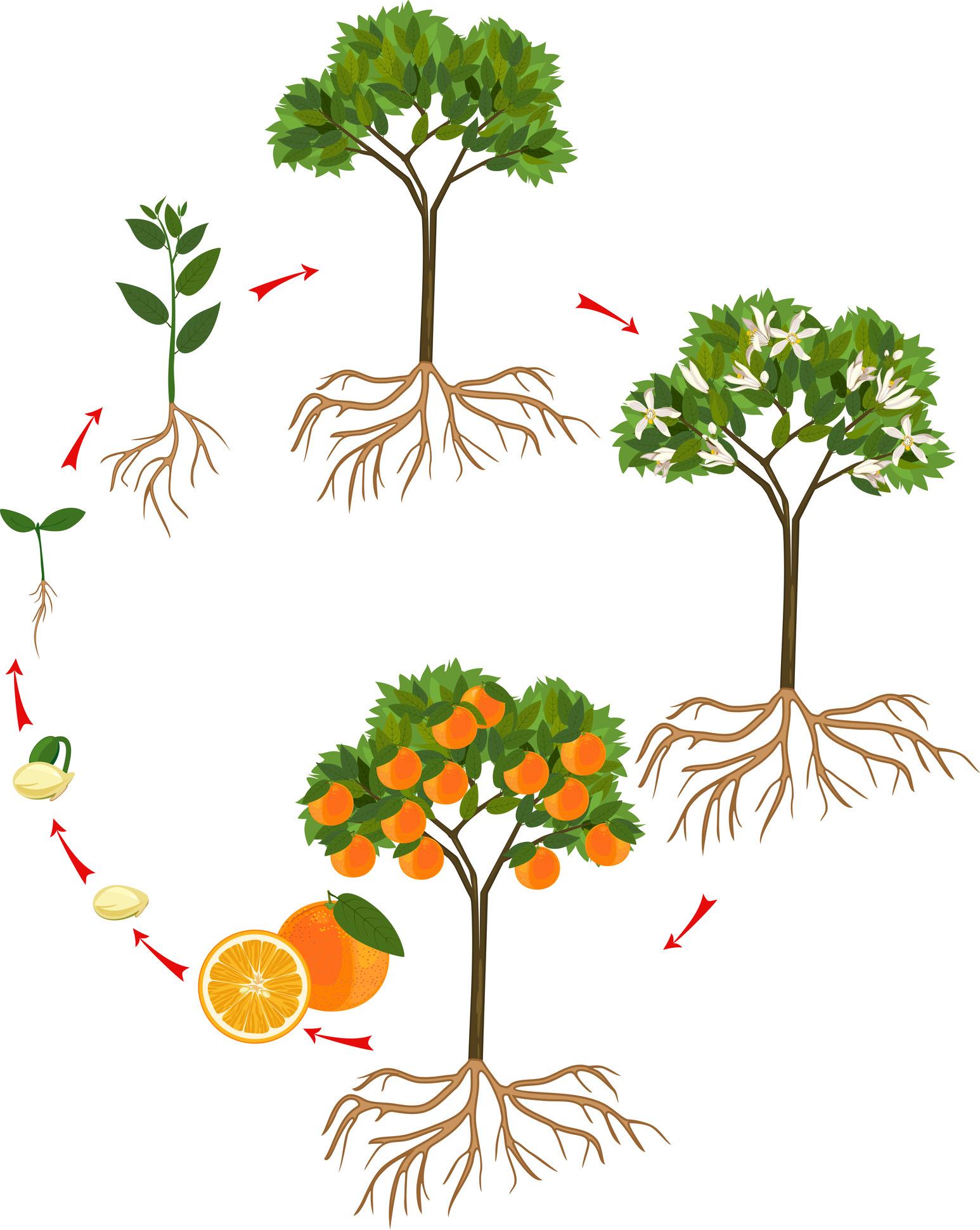

“Easy
Peelers”
Satsumas are easier to peel than most other citrus fruit.

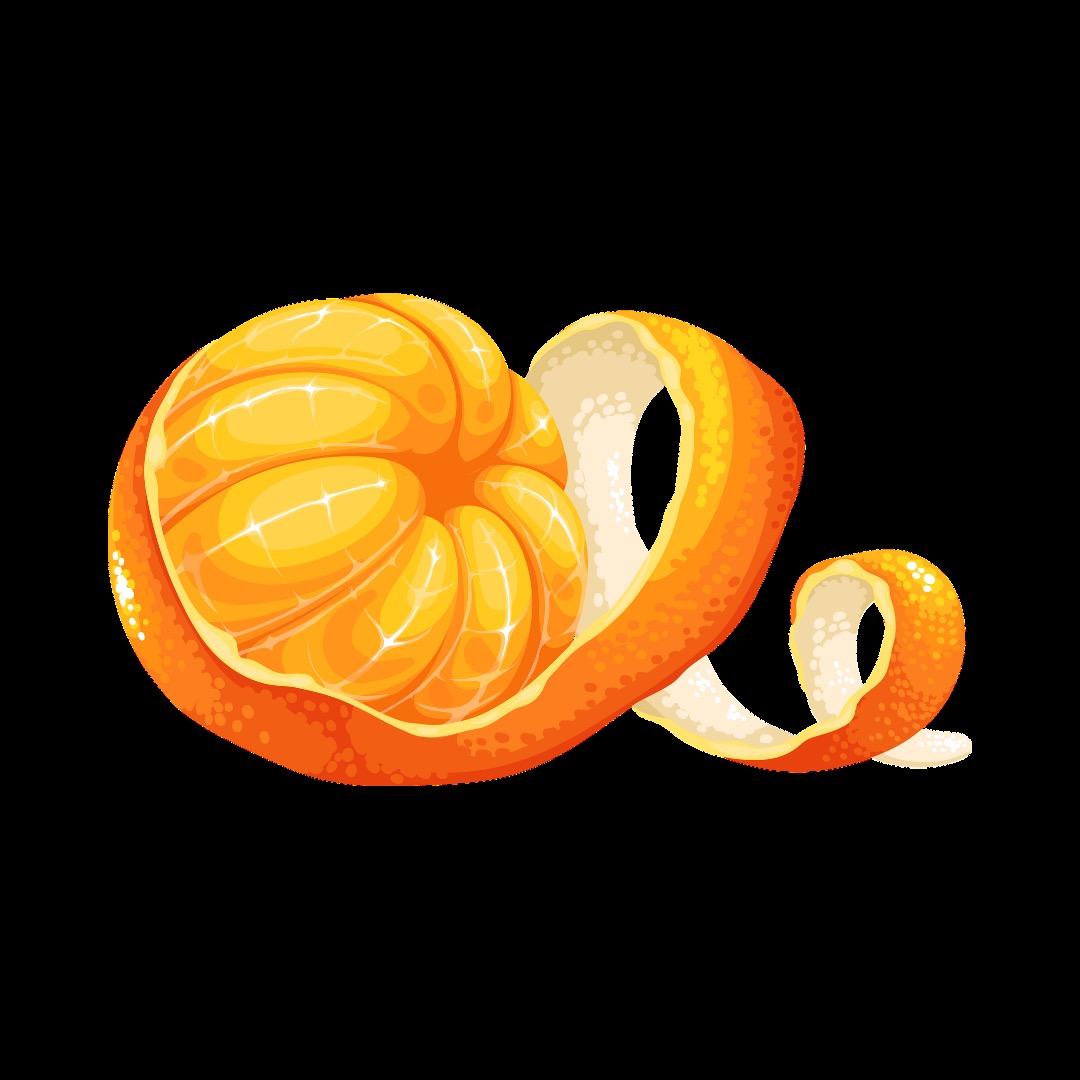
Satsumas make for a perfect snack!
Satsuma trees take around years to start producing fruit.
Satsuma trees are evergreen. Satsumas are one of the most resilient citrus fruits to cold weather.






Vitamin C supports the immune systemthe body’s defense against infections.
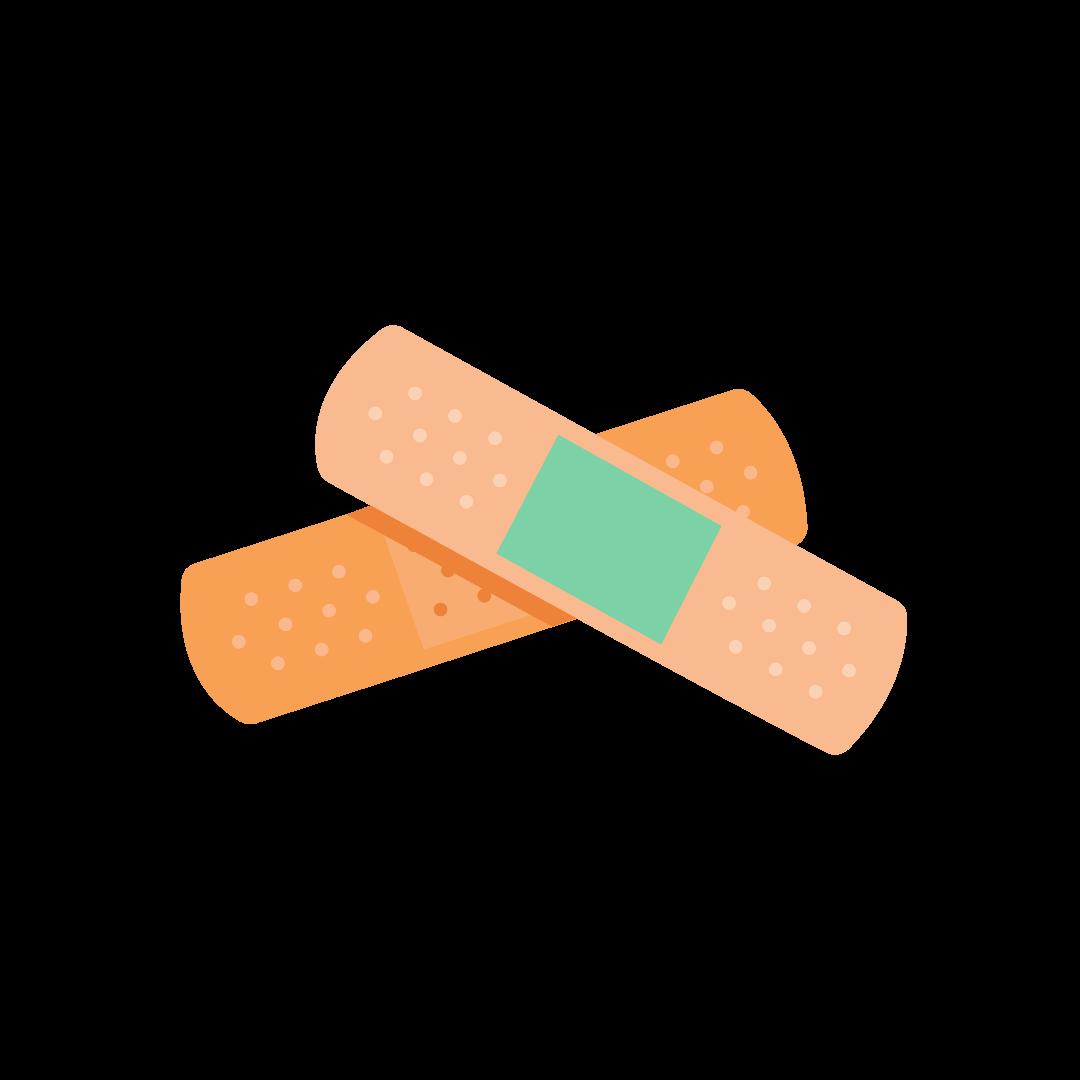
Vitamin C is also referred to as “ascorbic acid.”

Vitamin C is an antioxidant. Antioxidants help protect against damage caused by exposure to harmful substances in the environment.


The body cannot make vitamin C on its own - it has to come from food.
Vitamin C helps keep you happy & healthy! What do you call a vitamin that improves your eyesight?


Vitamin C is a very important vitamin for healthy gums & teeth.


The most popular type of beans grown in Florida are green beans – also known as string or snap beans.
In the winter, Florida produces 100% of the green beans grown in the U.S.
1. Green Beans
2. Kidney Beans
3. Pinto Beans
4. Lima Beans
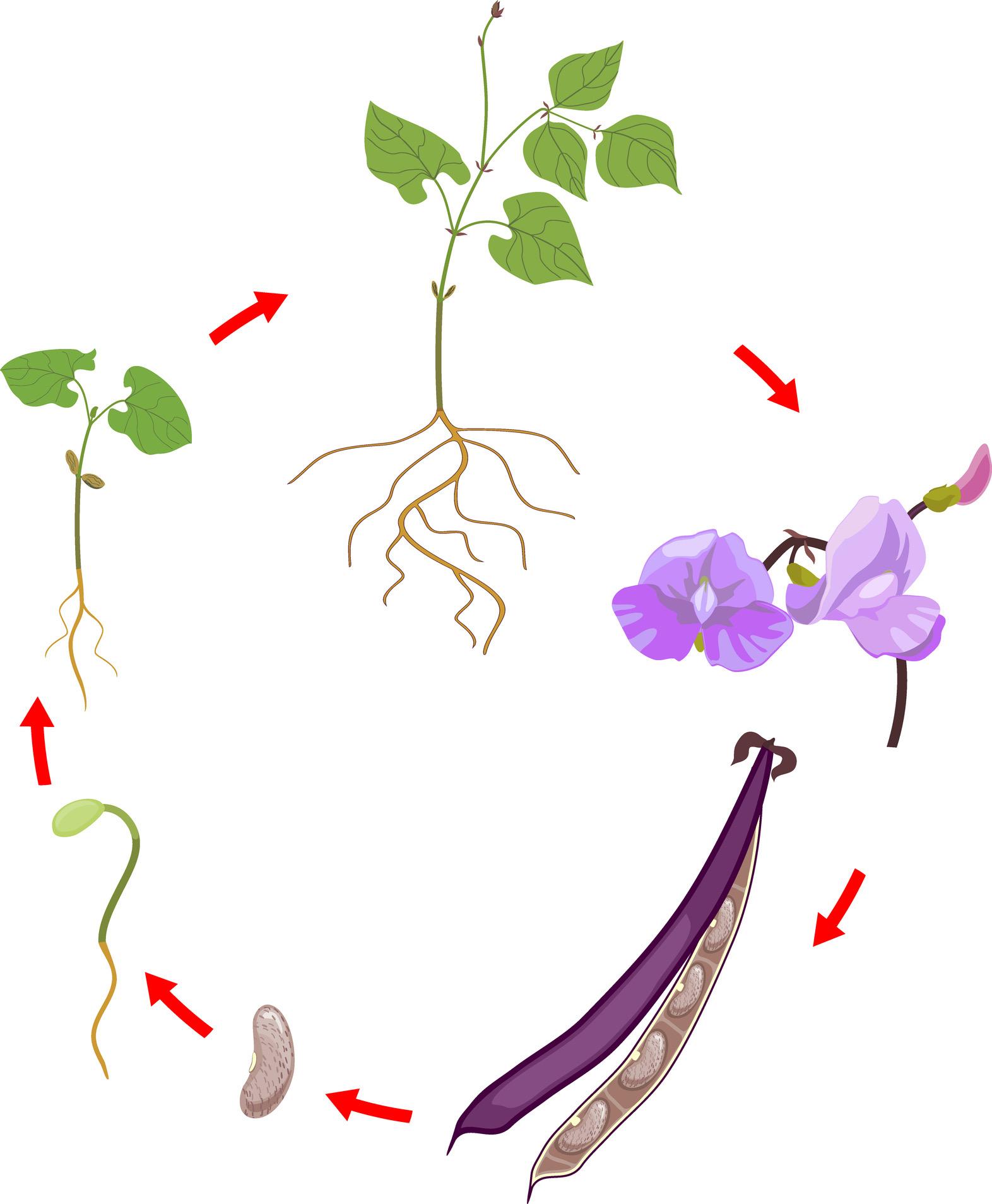
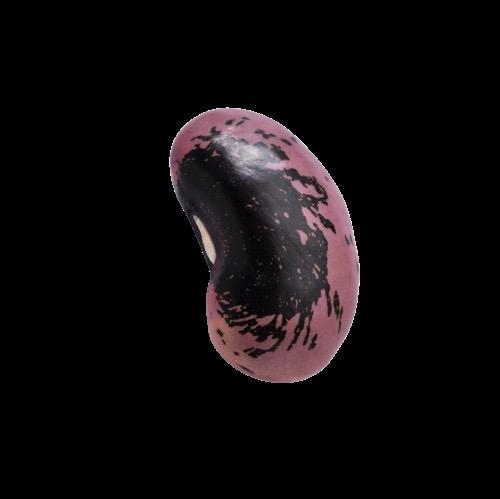
Beans have been cultivated by humans for 6,000
January 6
National Bean Day

Try growing some beans in your garden!
There are over 40,000 types of beans.
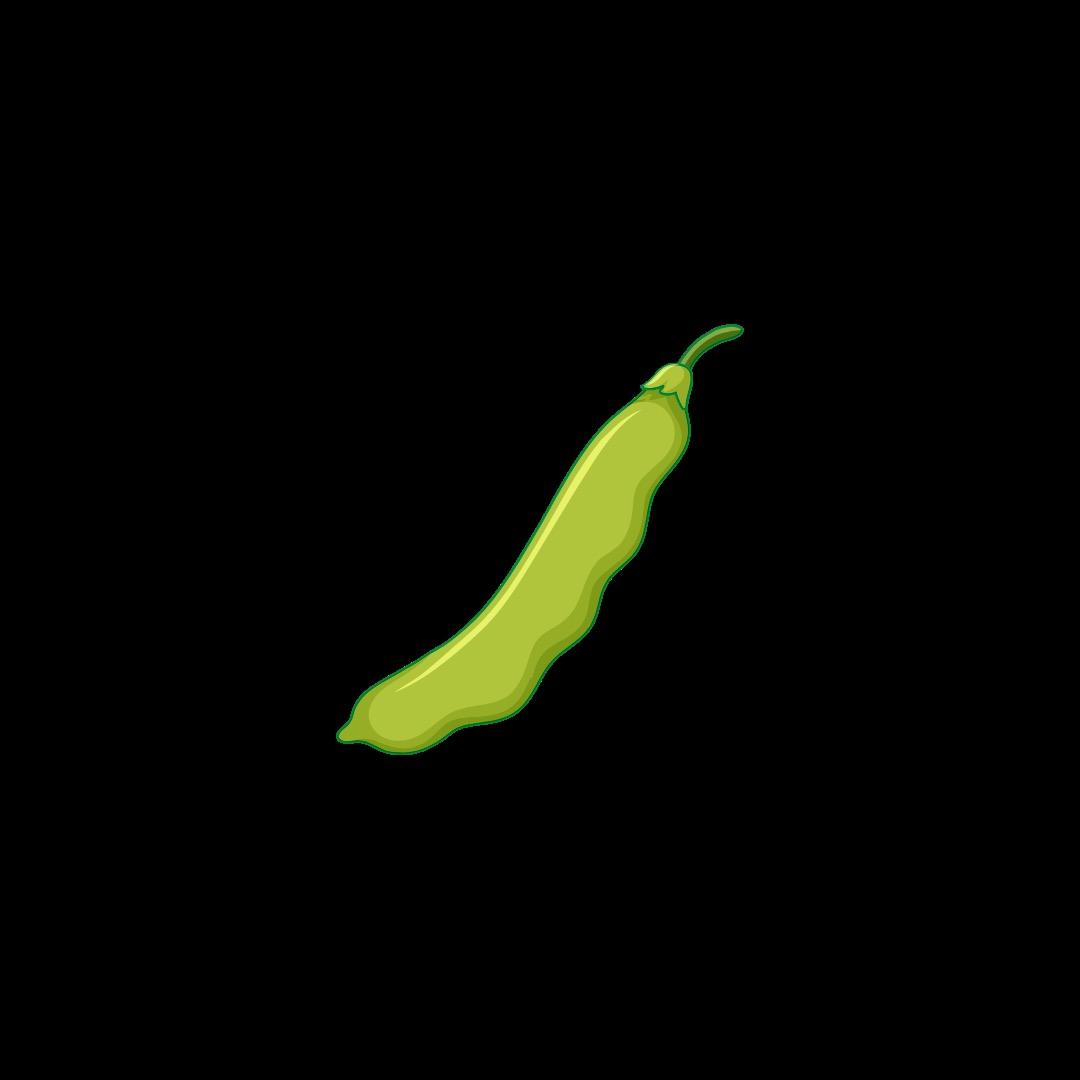




Iron carries oxygen in the blood, supports the immune system & proper brain function

Heme comes from animal meat and is easily absorbed into the body after eaten. comes from plant foodslike spinach!
Iron is found in EVERY cell of the body.



Non-heme sources of iron are best absorbed into the body when eaten with a source of vitamin C, like an orange.
Iron helps muscles function by carrying oxygen to their cells.

Supports a healthy immune system.
Human blood is RED because of iron and oxygen reacting with each other.
The body uses iron to make hemoglobin.

80% of the Earth’s crust is composed of iron.
Hemoglobin helps carry and transport oxygen in the blood to other parts of the body…like a backpack!
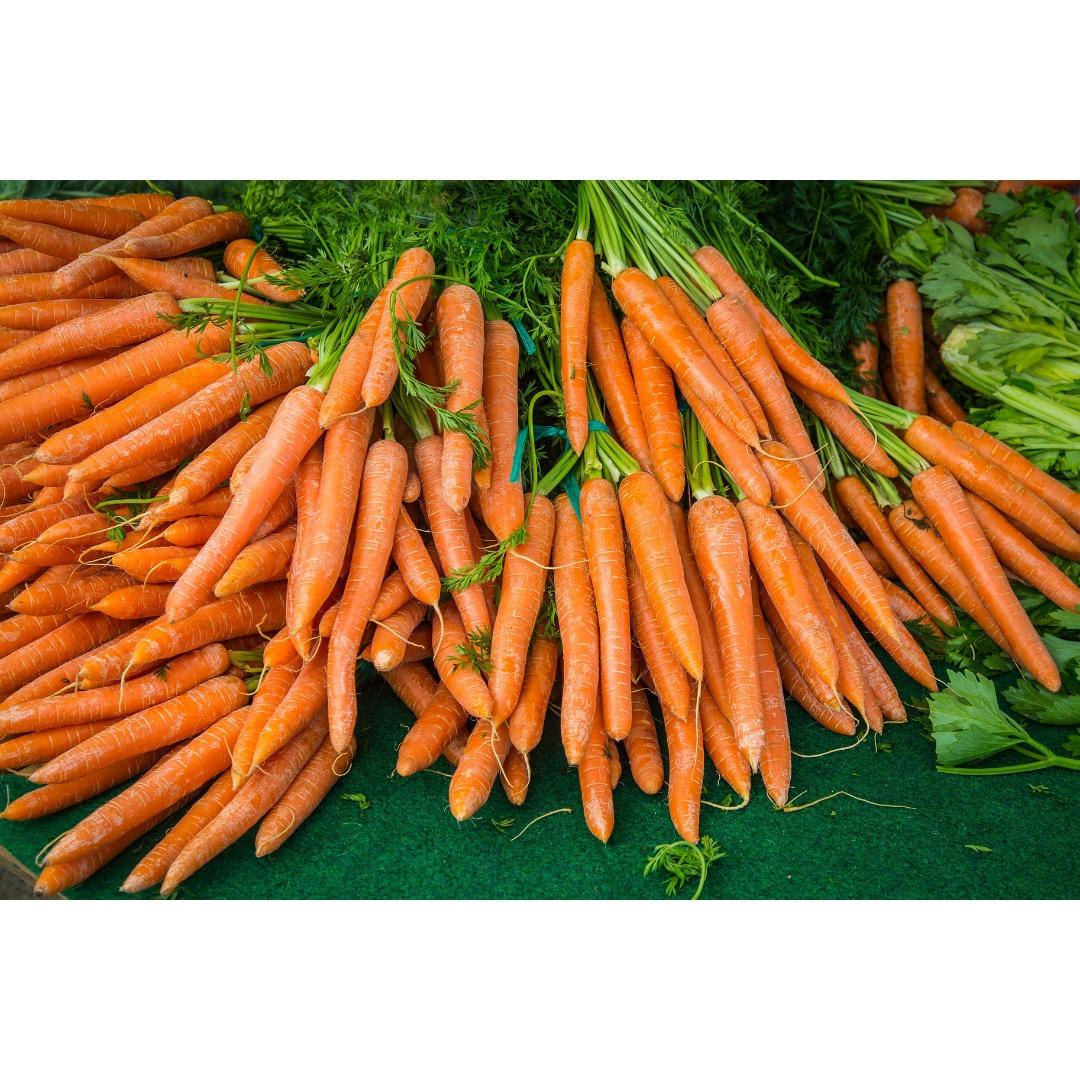


In Florida, carrots do best during the cooler seasons in deep, well-drained soil.
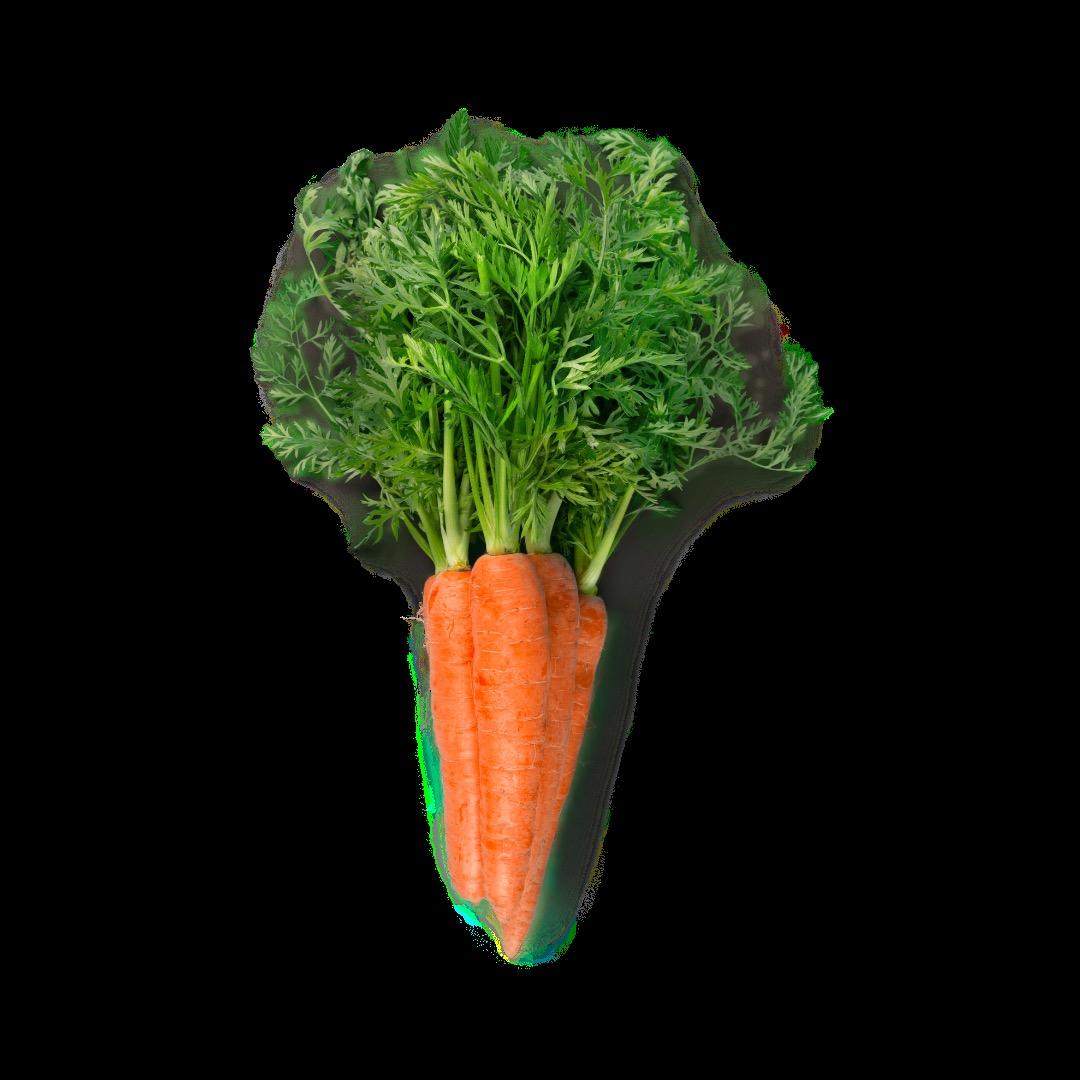
Carrots are 88% water.
Carrots take 4 months to grow from seed to vegetable.
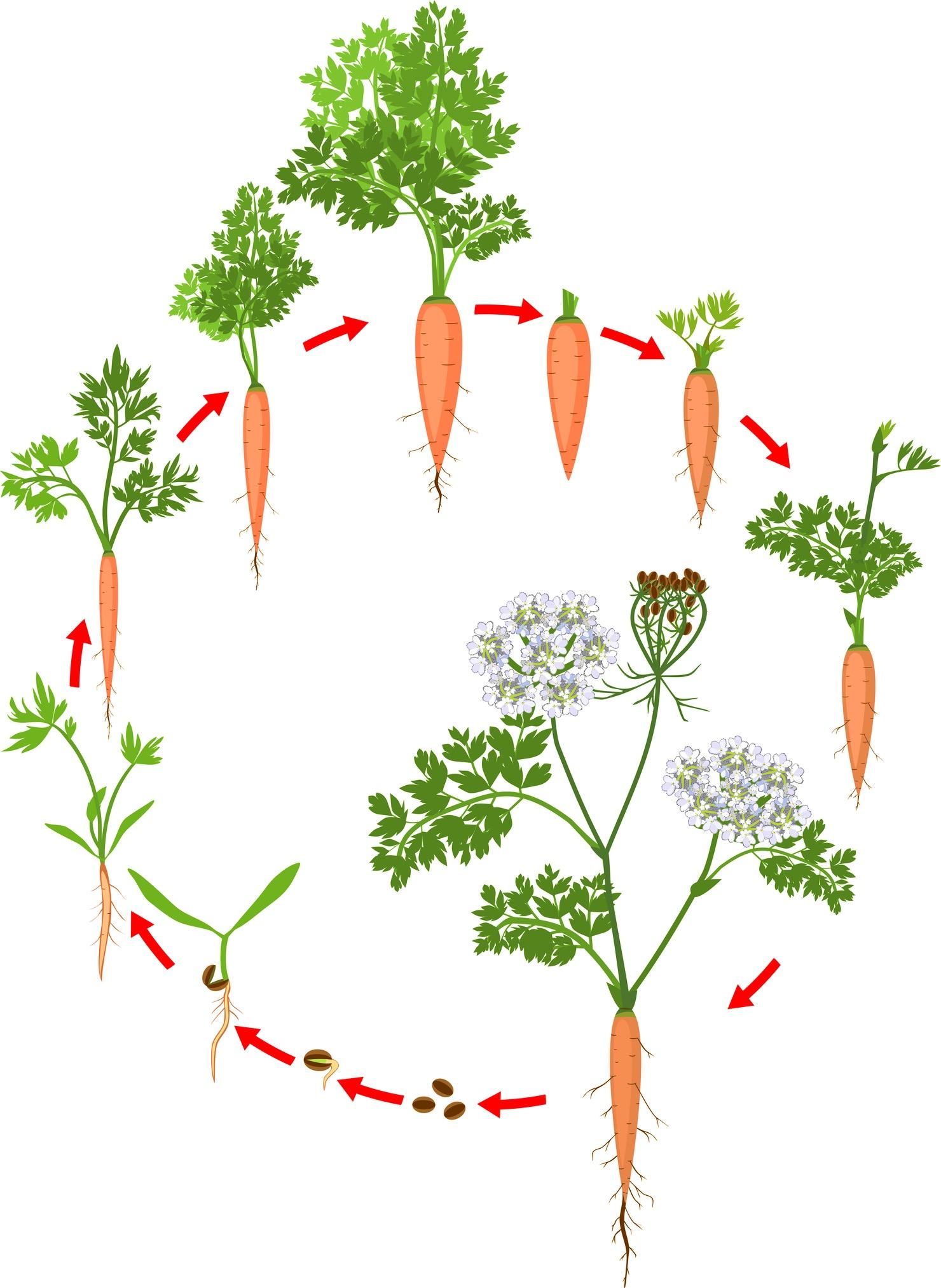
The edible part of a carrot is the root.
Carrots are the second most popular vegetable in the world, after potatoes.
2,000 carrot seeds fit in 1 teaspoon.

Carrots thrive in overall temperatures.
Carrots can survive entire WINTERS underground!
Carrots are biennials, which means they have a 2-year life cycle.

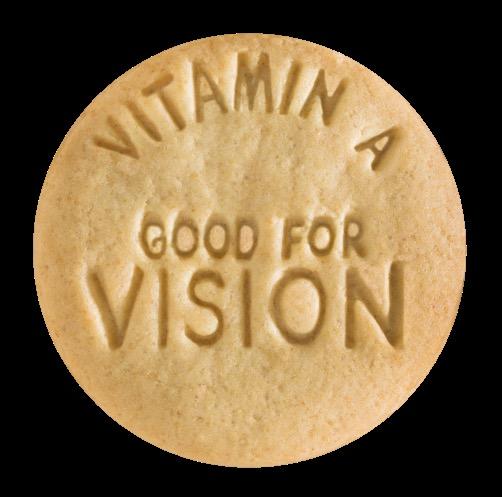






more vivid colors during the day

How far can you read down this eye chart?

speed up the healing process of cuts & scrapes. Vitamin A is a fat-soluble vitamin.
How do you know carrots are good for the eyes?
You never see a rabbit wearing glasses!
Vitamin A supports the immune system to fight off infections.

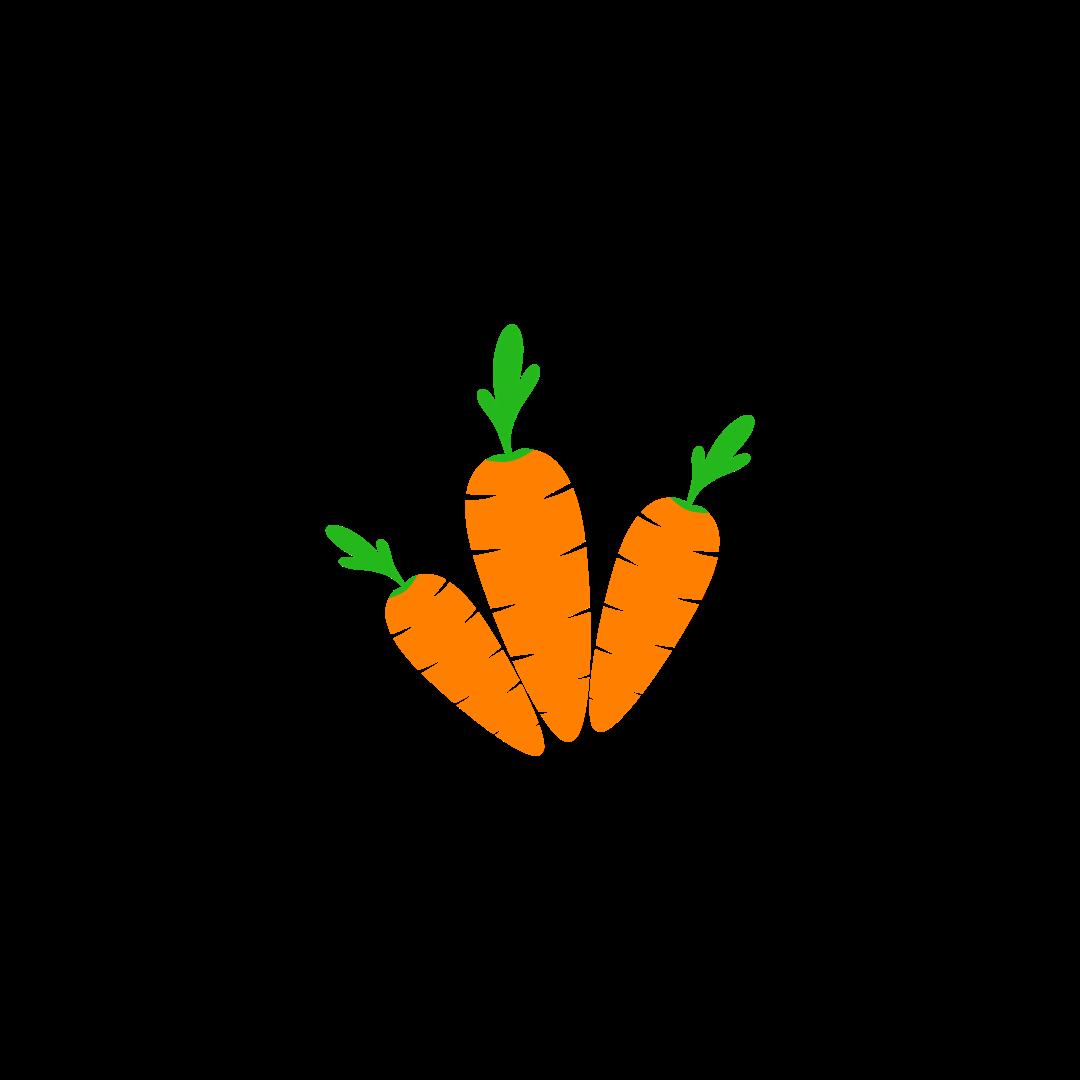




In Florida, peas grow best during the winter months.
1. English Pea
2. Snow Pea

Throughout the U.S. there are about 893,000 acres
3. Sugar Snap Pea 3 Pea pods grow to be
When a pea pod is ripe, the pod will split in half.
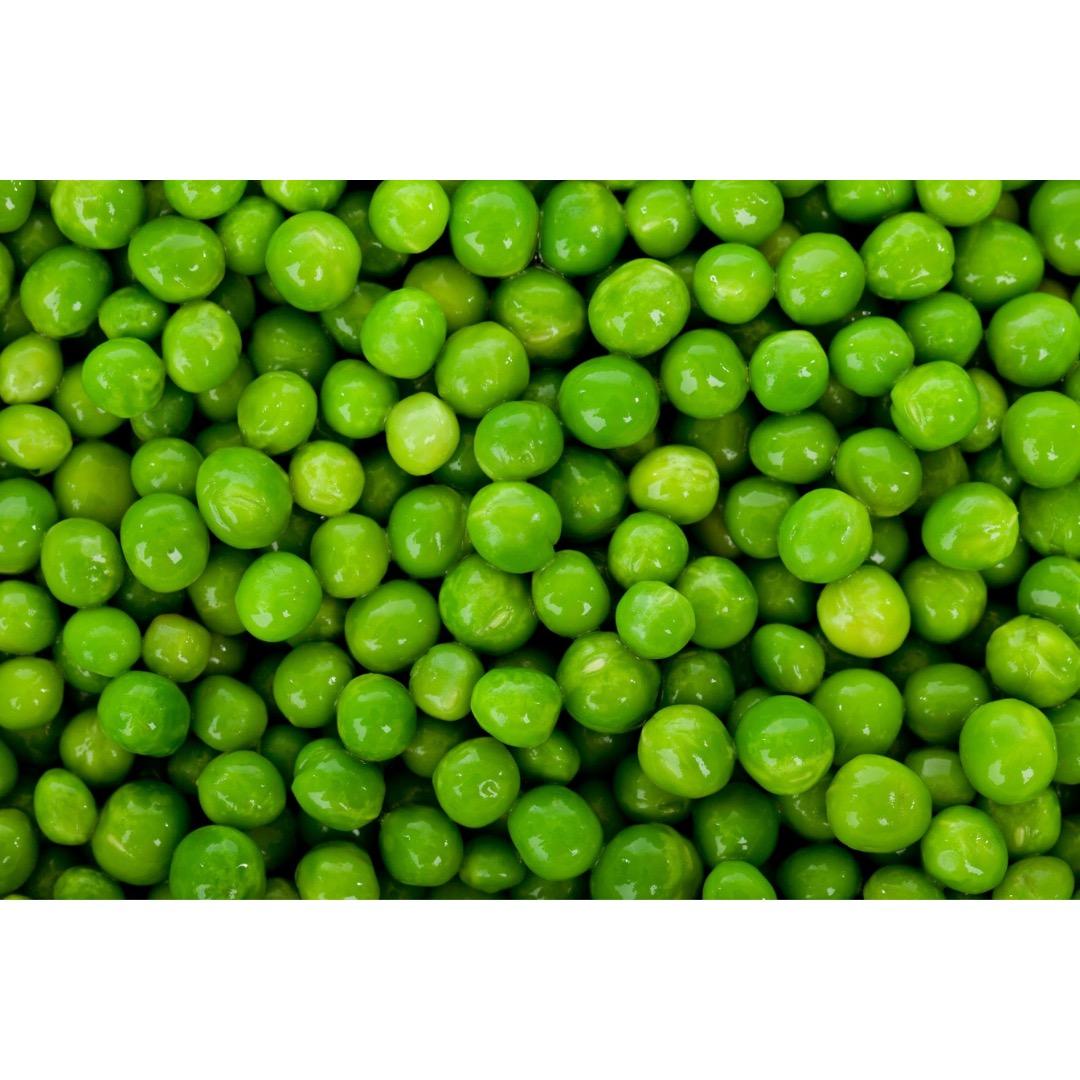
Peas make a great snack
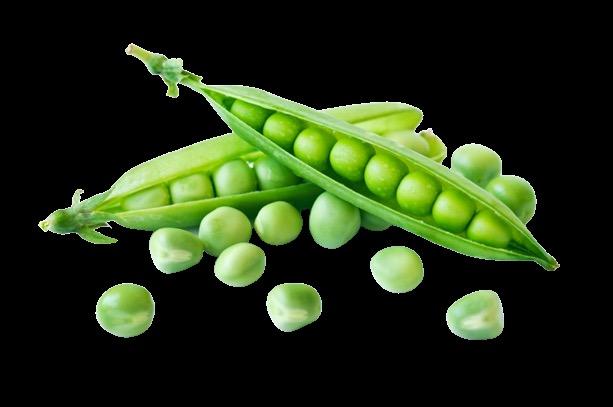
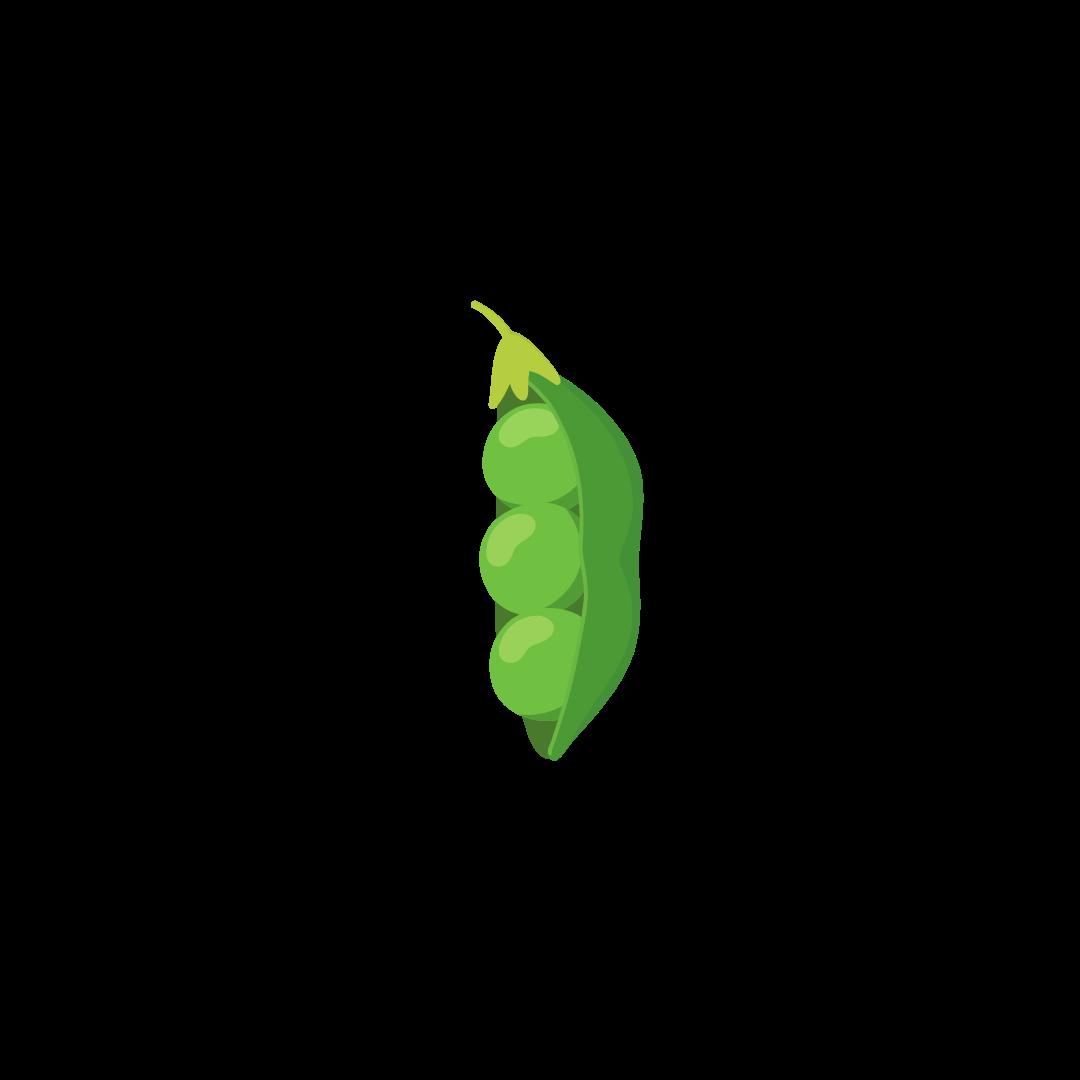
0.1 - 0.3 grams!
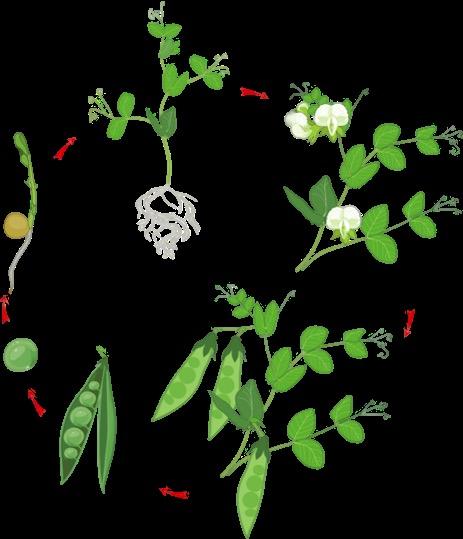
Peas are cool-weather crops that cannot tolerate the heat.
There are 5 - 10 peas in each pod.

A fully mature pea is actually yellow.
Harvesting usually takes place 60 – 70 days after planting.



Vitamin K supports proper blood function, bone growth & kidney health. The body has the ability to create vitamin K on its own.
2 main forms of vitamin K: K1 and K2.
Vitamin K is a fat-soluble which means…

It absorbs better into the body when eaten with foods with some fat like olive oil or avocados

Vitamin K helps the body heal from wounds.

Vitamin K helps produce proteins that bind themselves to calcium - this helps build strong bones.

Vitamin K supports heart health.

Vitamin K is found throughout the body in the pancreas

Vitamin K plays a role in proper blood function- specifically with clotting.


Although…pineapples are commonly grown in home gardens located on the SE & SW coasts of Florida.
“Hala Kahiki”
It can take up to 3 years for a pineapple plant to fully mature before it begins bearing fruit.

Then, it takes up to a year for the actual pineapple to grow.

Pineapples are not grown commercially in Florida. of clusters of “fruitlets. ” when
Pineapples are in peak season from March - July.
Some pineapple plants can live for 50 years.

1/3 of the world’s pineapples are grown in Hawaii.

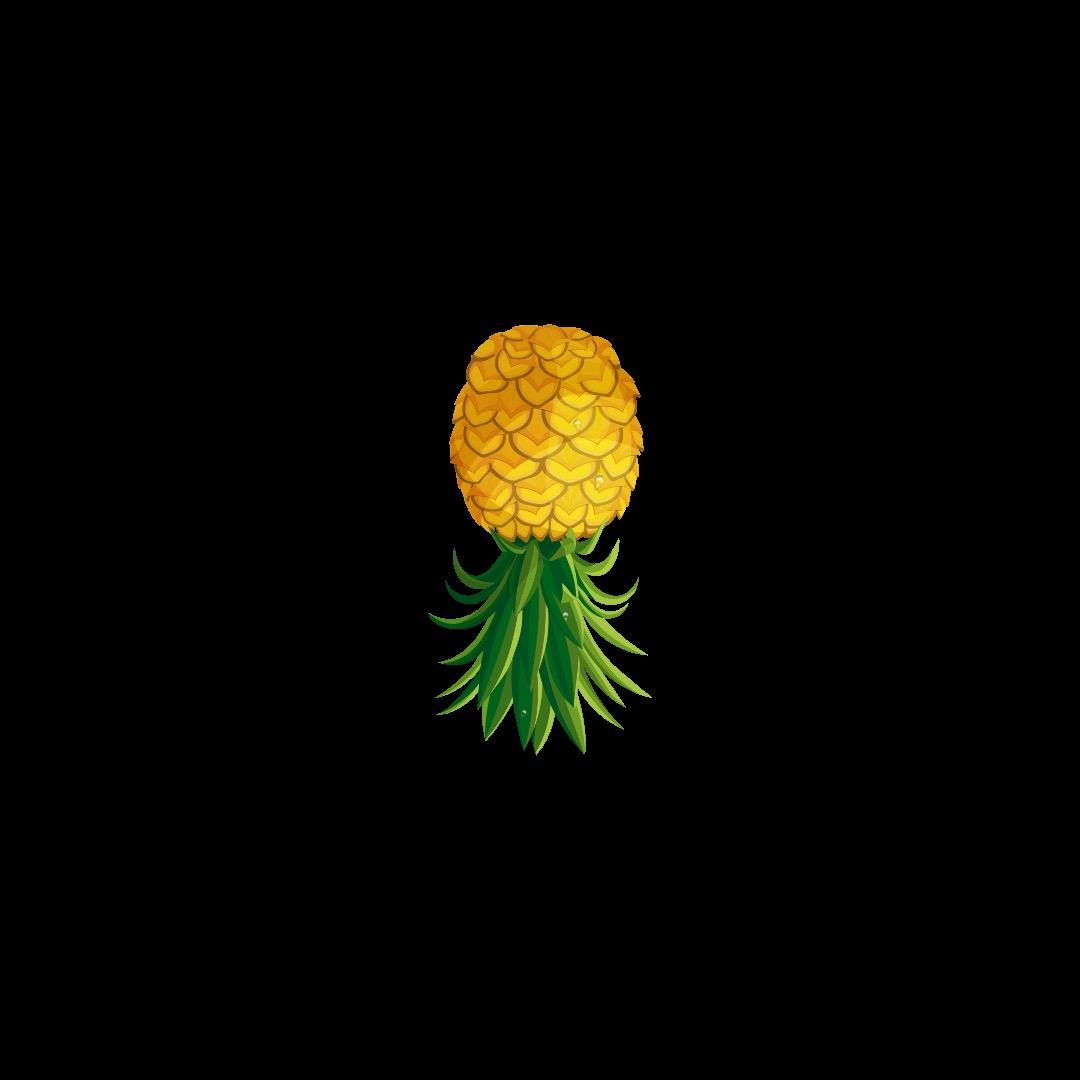
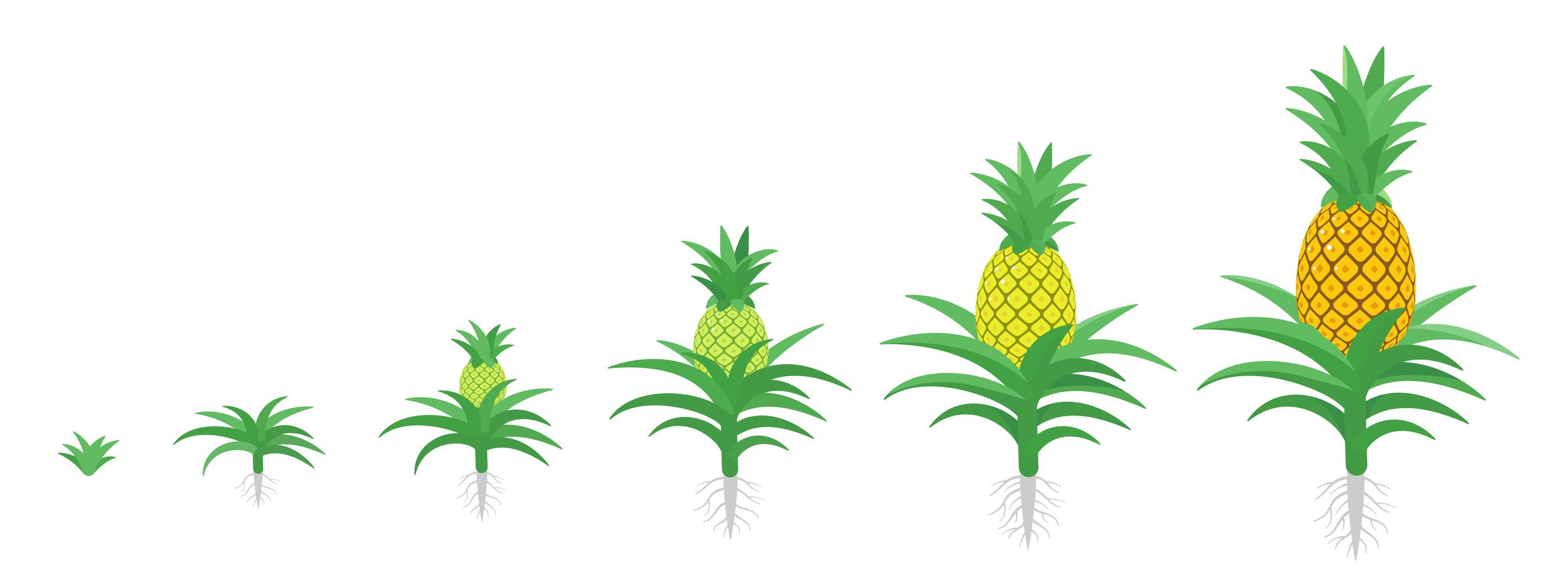
“Fruitlets” are basically small,
individual berries.
ONE pineapple plant produces only ONE pineapple at a time.


Potassium supports balancing fluid in the body & proper function of the muscles and nerves.

Once potassium enters the body, it functions as an electrolyte.
Helps to keep the body hydrated!

Electrolytes help balance the amount of water in the body.
The body is made up of approximately
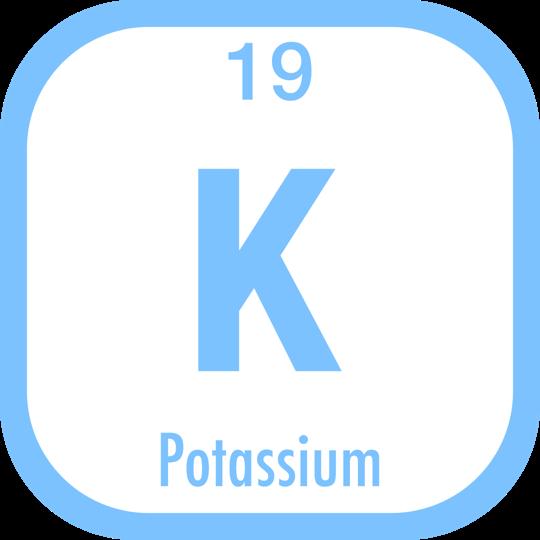
Potassium helps to regulate contractions.

Many runners eat before a run to
Potassium is the THIRD most abundant mineral in the body. potassium is found in
Potassium helps promote bone health.


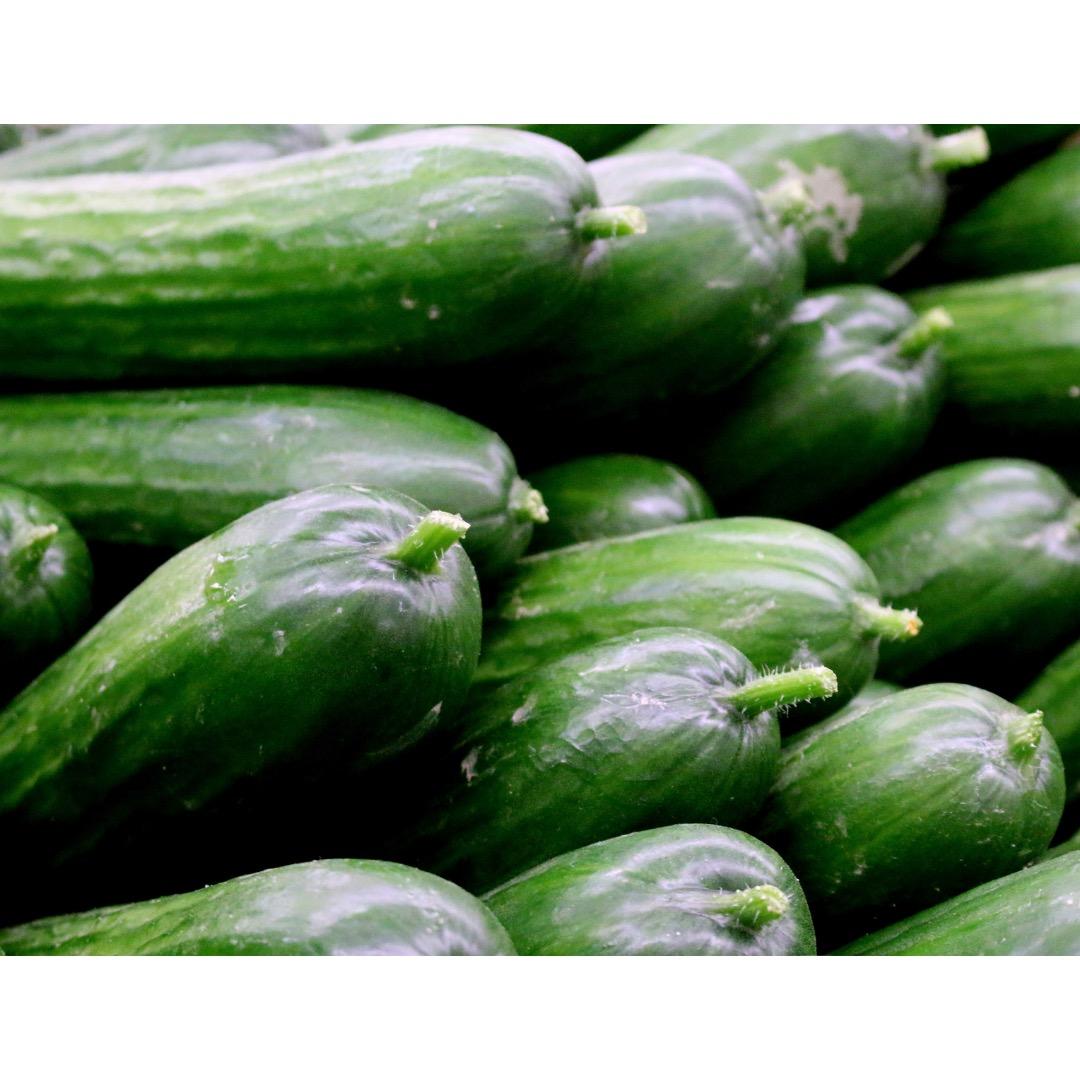


Cucumbers rank 8th most valuable crop in Florida.

Cucumbers in FL are grown either outside or in greenhouses.
The U.S. is the 4th largest cucumber producing country in the world.
Cucumbers take 12 to produce fruit after being planted.

cucumbers are grown worldwide each year.
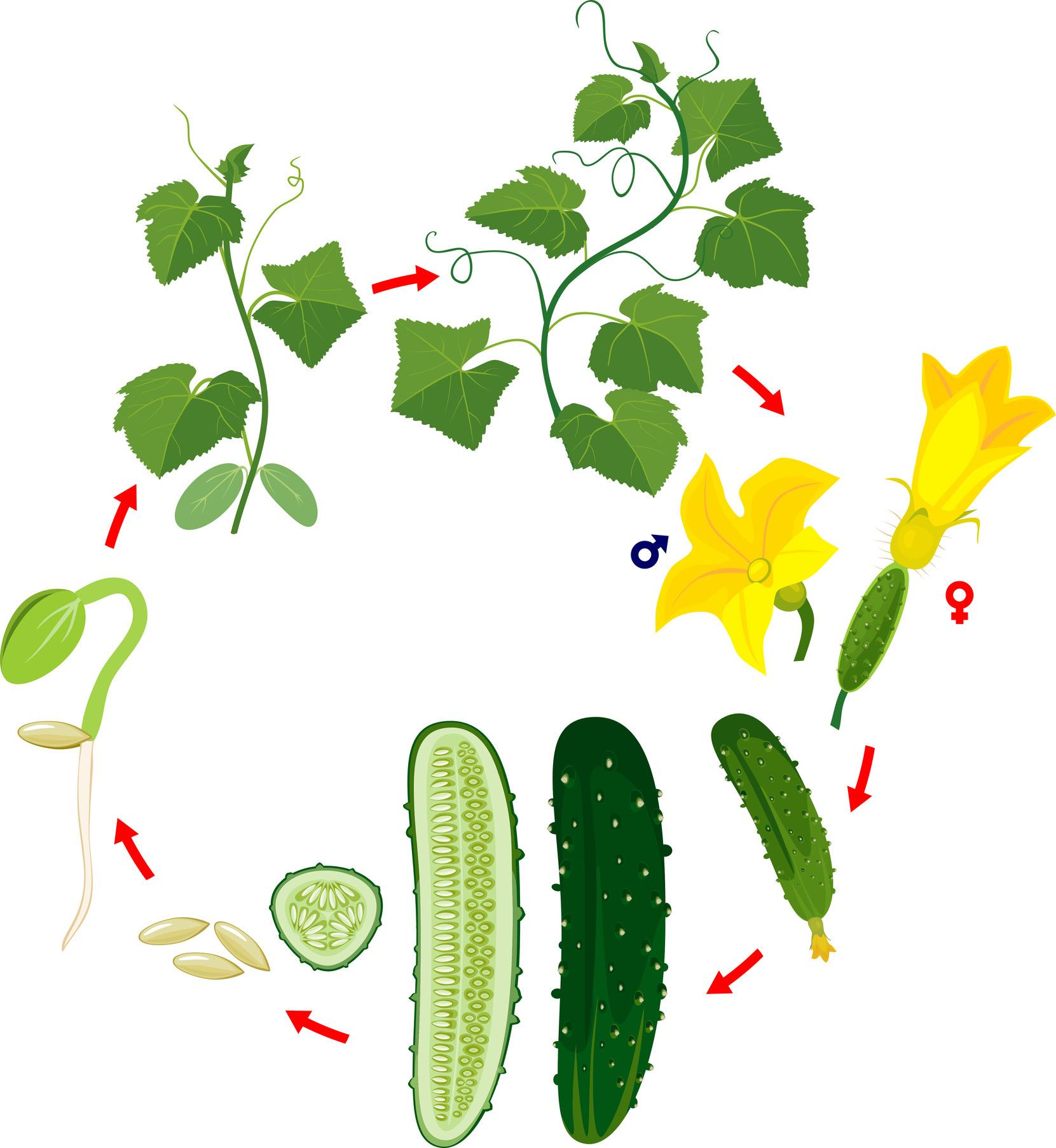


Cucumbers are 90% water.


Bees are essential for the pollination of cucumbers.
Cucumbers can grow 2 feet
Cucumbers are a

The large leaves on the cucumber plant provides shade for the developing fruit.



B Vitamins help support the body’s energy levels, brain function & cell metabolism In-Vitamin!
essential B vitamins:
Vitamin B1, Vitamin B2, Vitamin B3, Vitamin B5, Vitamin B6, Vitamin B7, Vitamin B9 & Vitamin B12.

Water is needed to help the body absorb B vitamins.



B5, B12, C and E knock on your door…what do you do? blood cells.
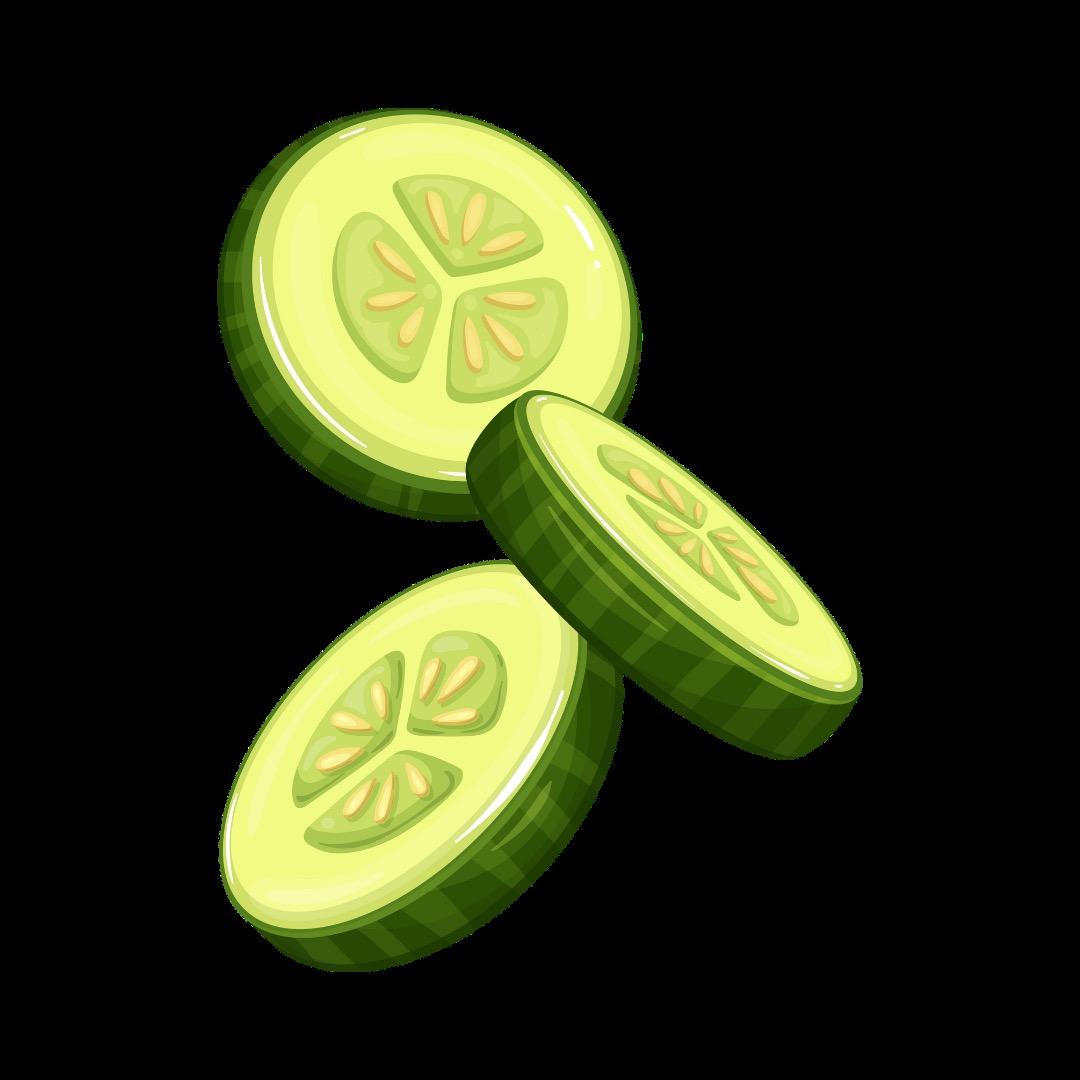
B vitamins helps the body make energy from food.
cannot store most B vitamins, so they need to be regularly consumed.
B vitamins plays a role in serotonin production.
Serotonin makes us feel happy




Lafayette and Okeechobee are Florida’s leading dairy counties.

Most of the dairy cows in Florida are Holsteins (the black and white cows), and their spots are unique like a fingerprint!



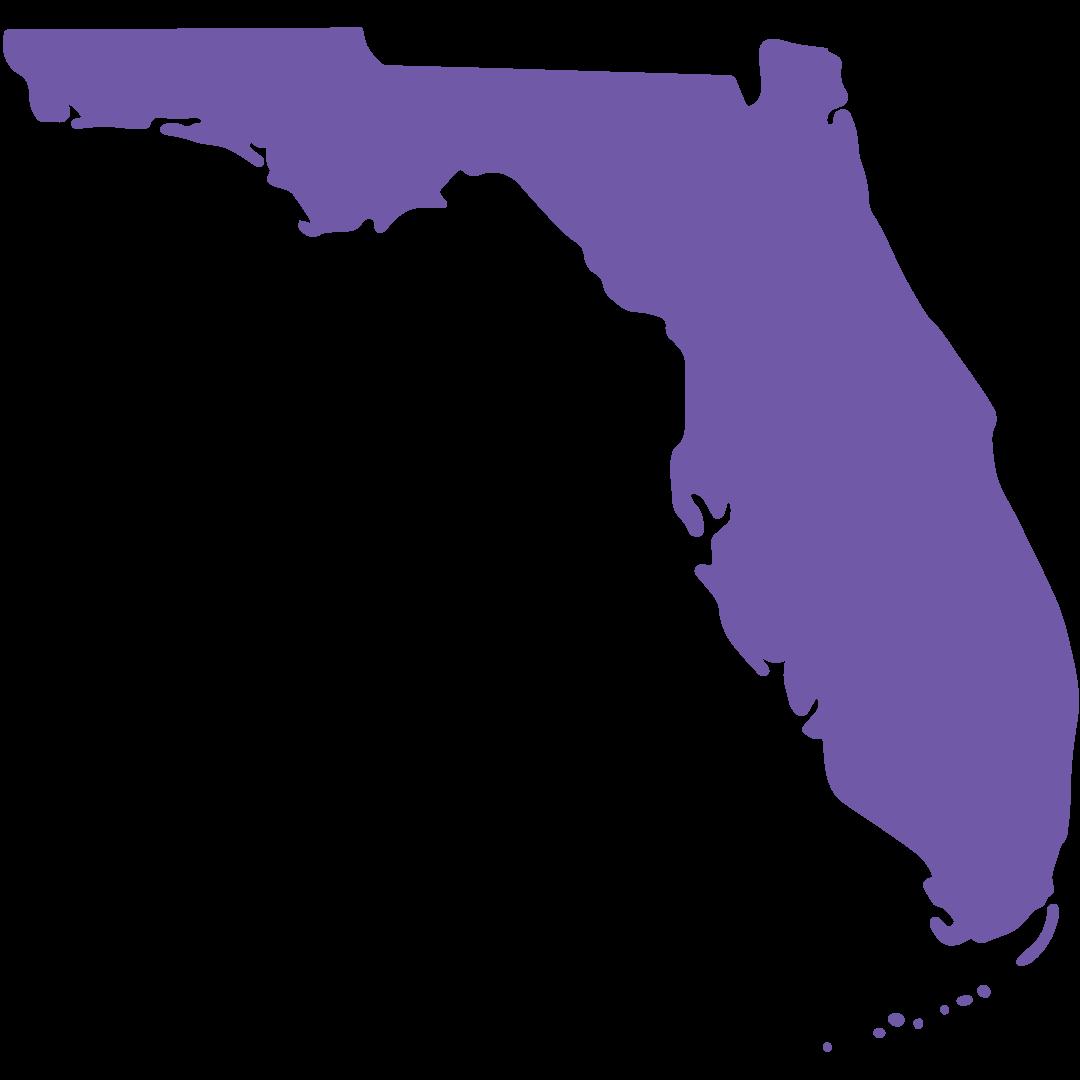

Cows chew their cud 50 times per minute.
How many times can chew in a minute?!
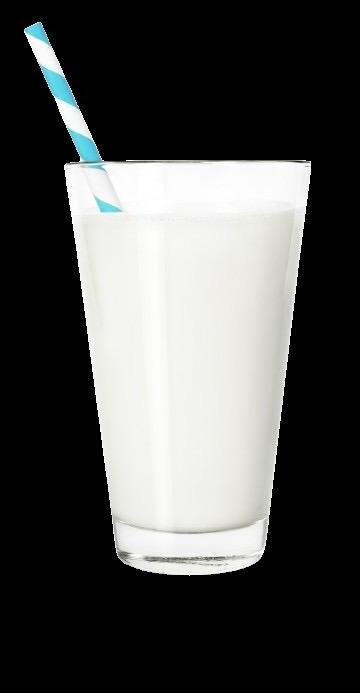
Cows can SEE almost and SMELL up to 6 miles away!


Most Florida dairy herds range 150 -

Florida dairy farmers byproducts such as citrus pulp, brewers’ grain and whole cottonseed that are consumed by the cows instead of ending up in landfills.
A Florida dairy cow produces about 68 gallons of milk each day.





provides a powerful package of support your overall health?

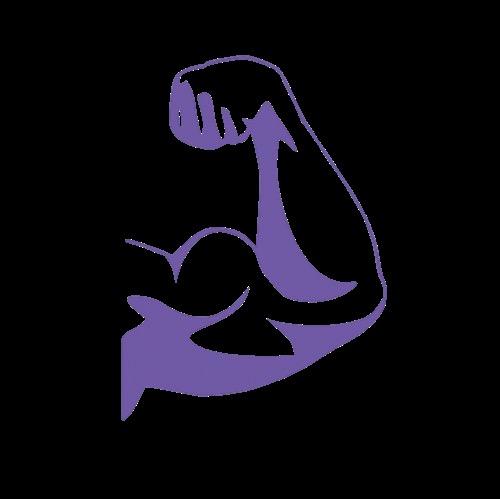
Calcium, phosphorus, and vitamin D in dairy help build and maintain strong bones and teeth.
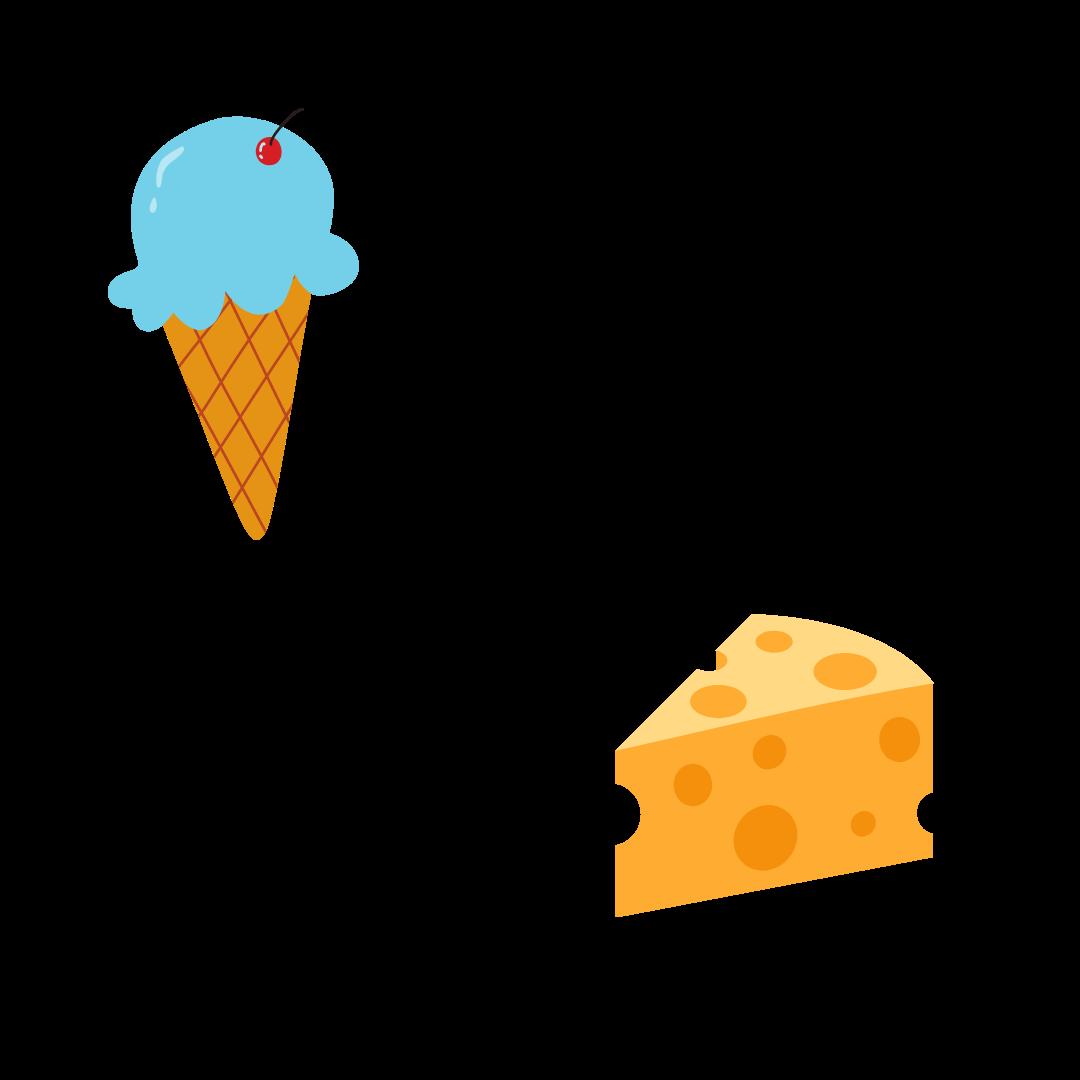
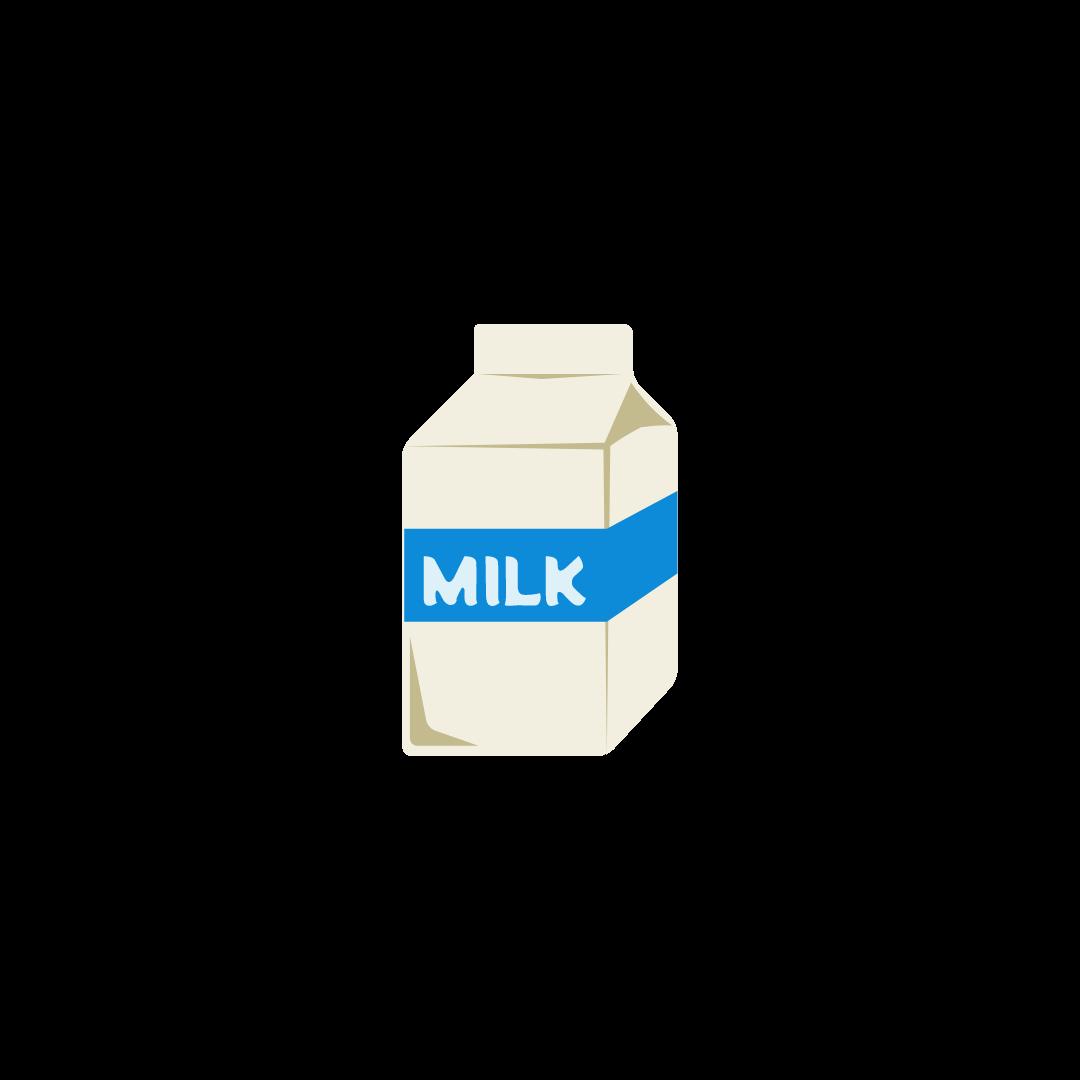
The high-quality protein found in dairy foods aids in building and repairing muscles.


B vitamins in dairy help convert food into fuel, ensuring you have the energy needed throughout the day.
Starting the day with a nutritious breakfast that includes dairy helps fuel learning!






Down:
1. Satsumas are known for their bright _____ peel.
3. Green apples were first cultivated in _____.
4. _____ cows are the most common dairy cow in Florida.
6. Vitamin C supports the _____ system.

Across:
2. Water is the body’s main source of _____.
5. _____ is only found in plant foods.
7. Lettuce is a part of the _____ family.
8. Vitamin A supports good _____.
9. _____ ripen faster when they are upside down.
10. B vitamins help support the body’s _____ levels.
Let’s shake some BUTTER!

2 cups cold heavy whipping cream 1 ounce plastic cups with lids

Pour 2 tablespoons of heavy cream into each portion cup. Place the lid on each cup, and distribute to students.
Shake the container until butter forms a soft lump. Continue to shake until buttermilk separates out of the lump and the container contains a solid lump of butter and liquid buttermilk. The process should take 3 to 5 minutes.
To strain, pour off or drink the buttermilk, leaving only the solid butter.

OPTIONAL: Remove the lump of butter, and wrap it in plastic wrap. Refrigerate until you are ready to serve.
For more information, visit FloridaMilk.com/in-the-schools

